Cholesterol Clarity: 'Forbidden' Foods You Can Enjoy
New research is challenging outdated assumptions and reshaping how we think about dietary cholesterol, fat, and heart health. That’s why we’ve expanded our list of surprising foods once considered off-limits—but now backed by evidence and ready for a second chance. Some may still raise eyebrows, but when eaten in the right context, these once-taboo foods can actually support your health goals. It’s time to rethink the rules, revisit old favorites, and discover what modern nutrition really has to say. Because better cholesterol management isn’t just about cutting back—it’s about choosing smarter.
1. Eggs: From Cholesterol Villain to Protein Hero

Eggs have long been the poster child for high-cholesterol foods, with yolks containing about 186 milligrams of cholesterol each. For years, dietary guidelines recommended limiting egg consumption to avoid raising blood cholesterol levels. However, contemporary research reveals that dietary cholesterol has a minimal impact on blood cholesterol for most people. Eggs are now recognized as a valuable source of high-quality protein, essential vitamins, and antioxidants like lutein and zeaxanthin, which support eye health. The shift in perspective highlights the importance of considering the nutritional profile of foods rather than focusing solely on their cholesterol content.
2. Shrimp: A Seafood Delight with Surprising Benefits

Shrimp, once shunned for its high cholesterol content, has made a comeback as a nutritious seafood option. While it is true that shrimp contains cholesterol, it is also low in saturated fat, which is a more significant factor in raising blood cholesterol levels. Additionally, shrimp is rich in omega-3 fatty acids, known for their heart-protective properties. These healthy fats help reduce inflammation and improve heart health, making shrimp a beneficial addition to a balanced diet. By understanding the distinction between dietary cholesterol and blood cholesterol, shrimp can be enjoyed without guilt.
3. Cheese: A Calcium-Rich Indulgence
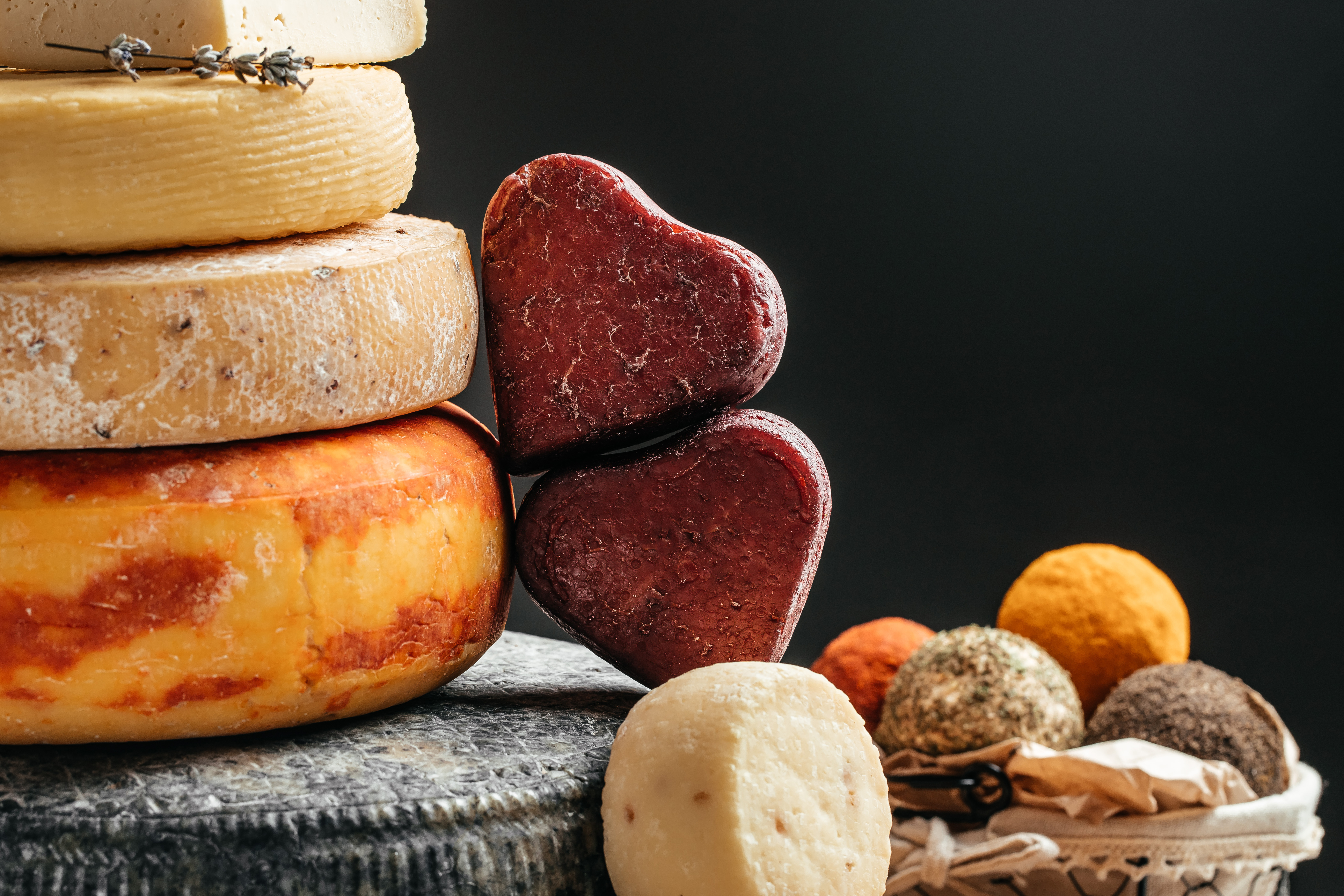
Cheese has often been vilified for its saturated fat and cholesterol content, leading many to avoid it entirely. However, recent studies suggest that cheese, when consumed in moderation, does not significantly impact cholesterol levels. Cheese is an excellent source of calcium, protein, and probiotics, which contribute to bone health and gut microbiota balance. The key to enjoying cheese lies in portion control and choosing varieties with lower saturated fat content, such as mozzarella or feta. By incorporating cheese wisely into meals, individuals can savor its rich flavors while maintaining a heart-healthy diet.
4. Nuts: Nutrient-Dense Powerhouses
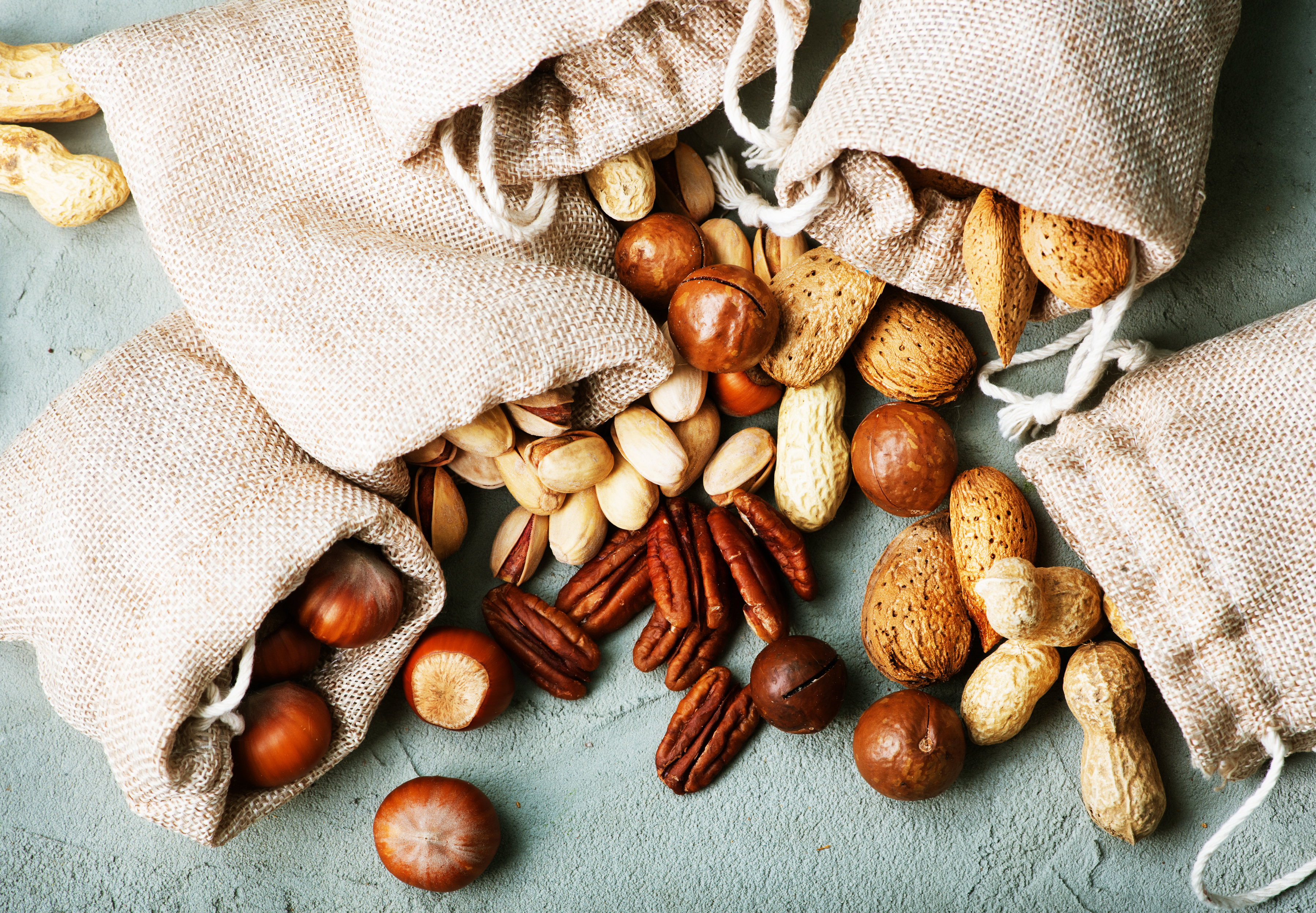
Nuts, including almonds, walnuts, and pistachios, were once restricted due to their high-fat content. However, these fats are predominantly unsaturated, which can help lower LDL (bad) cholesterol and raise HDL (good) cholesterol. Nuts are also packed with fiber, protein, and essential nutrients like magnesium and vitamin E. Studies have shown that regular nut consumption is linked to reduced risk of heart disease. By including a small handful of nuts in daily meals or snacks, individuals can enjoy their health benefits without worrying about cholesterol spikes.
5. Avocados: The Heart-Healthy Fat Source
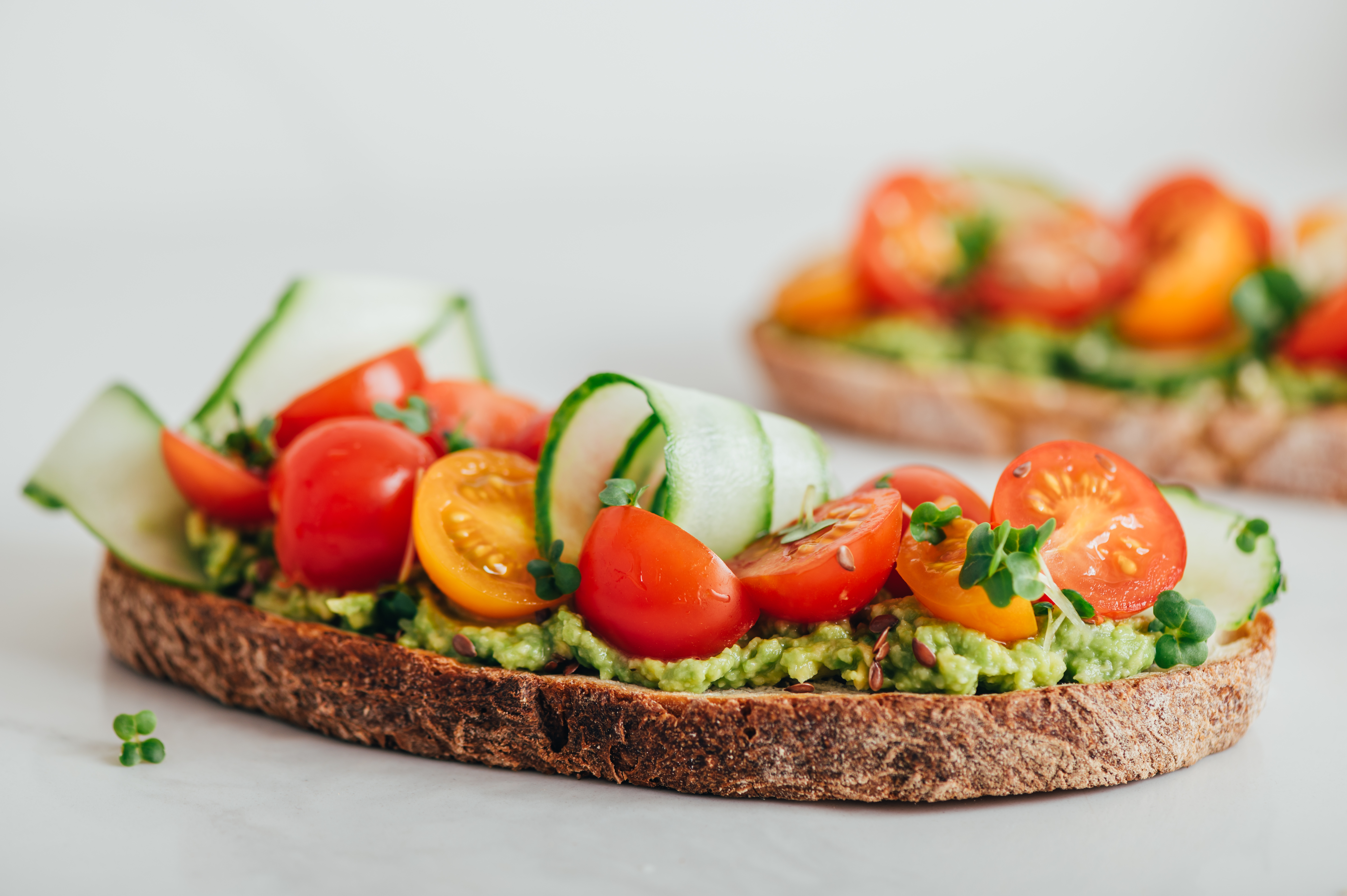
Avocados have gained popularity as a superfood, but their high-fat content initially raised concerns for those managing cholesterol levels. Fortunately, the fats in avocados are primarily monounsaturated, which can improve heart health by lowering LDL cholesterol and increasing HDL cholesterol. Avocados are also rich in fiber, potassium, and folate, making them a nutrient-dense addition to any diet. By replacing saturated fats with avocados in meals, individuals can enjoy their creamy texture and health benefits while supporting cardiovascular wellness.
6. Dark Chocolate: A Sweet Treat with a Heart

Dark chocolate, once viewed as an indulgence best avoided, has emerged as a heart-friendly treat when consumed in moderation. Rich in flavonoids, dark chocolate has been shown to improve endothelial function, reduce blood pressure, and enhance blood flow. These compounds also have antioxidant properties that protect the heart from oxidative stress. Opting for dark chocolate with a cocoa content of 70% or higher ensures that the health benefits outweigh the sugar and fat content. By savoring a small piece of dark chocolate, individuals can satisfy their sweet tooth while supporting heart health.
7. Coffee: The Energizing Brew with Potential Perks

Coffee, often scrutinized for its caffeine content, has been the subject of numerous studies examining its impact on cholesterol. While unfiltered coffee can raise cholesterol levels due to compounds called diterpenes, filtered coffee does not have this effect. Coffee is also a rich source of antioxidants, which can reduce inflammation and protect against heart disease. Moreover, moderate coffee consumption has been linked to a lower risk of type 2 diabetes and certain types of cancer. By choosing filtered coffee and enjoying it in moderation, individuals can relish their morning brew without fear of cholesterol spikes.
8. Beef: Lean Cuts for Heart Health

Red meat, particularly beef, has been criticized for its saturated fat and cholesterol content. However, not all beef is created equal. Lean cuts, such as sirloin or tenderloin, contain less saturated fat and can be part of a heart-healthy diet when consumed in moderation. Grass-fed beef, in particular, offers higher levels of omega-3 fatty acids and conjugated linoleic acid (CLA), which have been associated with improved heart health. By focusing on portion size and cooking methods, such as grilling or baking, individuals can enjoy beef without compromising their cholesterol levels.
9. Full-Fat Yogurt: Probiotic-Rich and Satisfying

Full-fat yogurt, once avoided due to its saturated fat content, has gained recognition for its probiotic benefits and role in weight management. Probiotics in yogurt support gut health, which is linked to improved cholesterol metabolism and reduced inflammation. Full-fat yogurt is also more satiating, which can help control appetite and prevent overeating. Choosing plain, unsweetened yogurt allows individuals to enjoy its creamy texture and health benefits without added sugars. Incorporating full-fat yogurt into meals or snacks provides a satisfying and nutritious option for those managing cholesterol.
10. Shellfish: A Treasure Trove of Nutrients
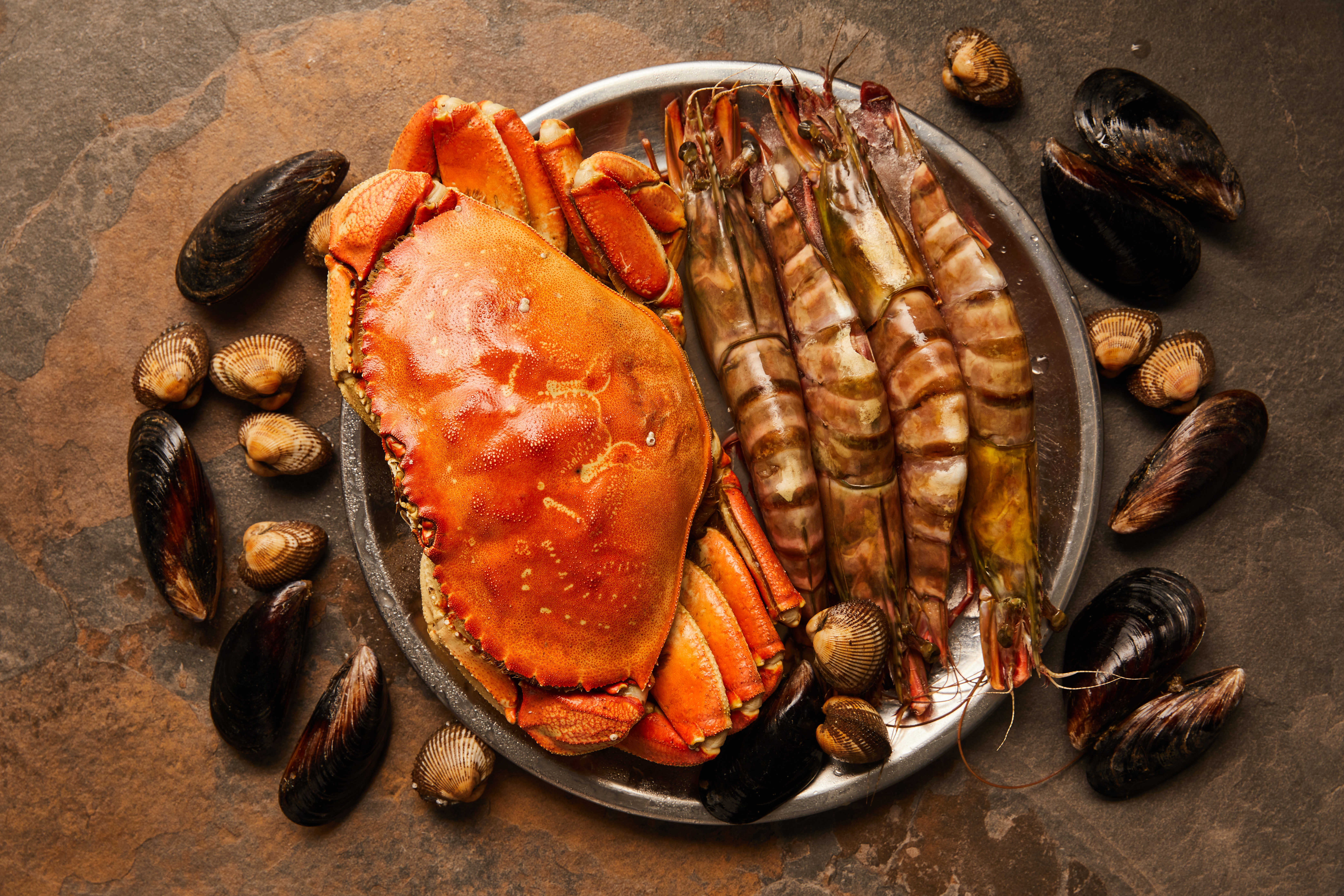
Shellfish, including clams, mussels, and oysters, have been historically avoided due to their cholesterol content. However, these seafood options are low in saturated fat and high in essential nutrients like zinc, selenium, and vitamin B12. Shellfish also contain omega-3 fatty acids, which support heart health. The nutritional benefits of shellfish outweigh the concerns about dietary cholesterol, especially when consumed as part of a balanced diet. By enjoying shellfish in moderation, individuals can reap their health benefits while maintaining healthy cholesterol levels.
11. Coconut Oil: A Controversial Yet Versatile Fat
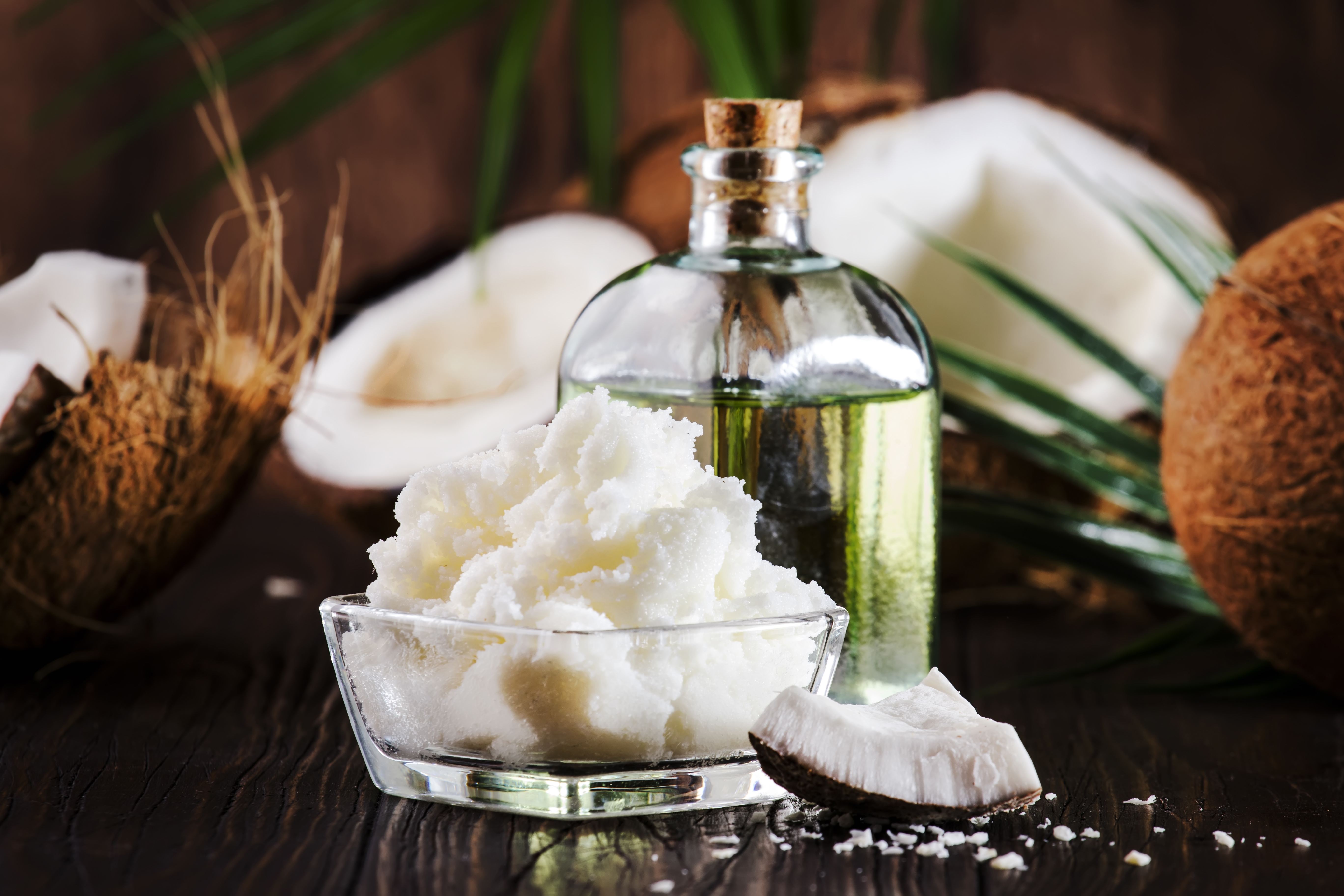
Coconut oil has sparked debate in the nutrition community due to its high saturated fat content. However, it contains medium-chain triglycerides (MCTs), which are metabolized differently than other saturated fats and may have a neutral or positive effect on cholesterol levels. Some studies suggest that coconut oil can raise HDL cholesterol, contributing to improved heart health. While it should not replace all other cooking oils, using coconut oil in moderation can add flavor and variety to meals. By understanding its unique properties, individuals can incorporate coconut oil into their diet without fear.
12. Popcorn: The Whole-Grain Snack with a Twist
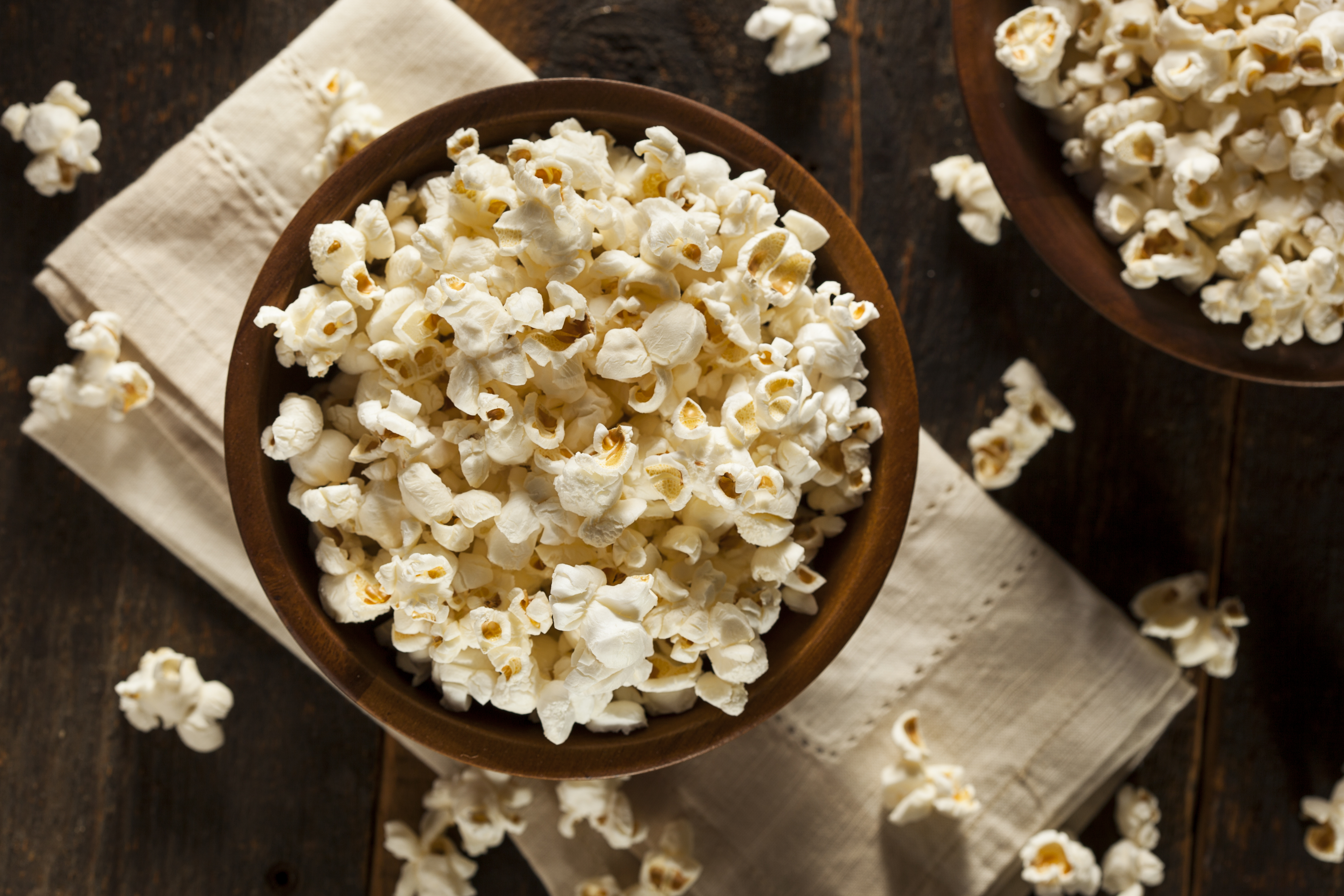
Popcorn, often associated with butter-laden movie snacks, can be a heart-healthy option when prepared correctly. Air-popped popcorn is a whole grain that provides fiber, antioxidants, and low-calorie satisfaction. It is naturally low in fat and cholesterol, making it a smart choice for those managing cholesterol levels. By avoiding excessive butter and salt, and opting for healthy toppings like nutritional yeast or spices, individuals can enjoy popcorn as a guilt-free snack. The key lies in preparation, transforming popcorn from a guilty pleasure to a nutritious treat.
13. Butter: A Traditional Fat with Modern Insights

Butter, a traditional cooking staple, has been demonized for its saturated fat content. However, recent research suggests that moderate consumption of butter does not significantly impact heart disease risk. Butter contains fat-soluble vitamins like A, D, and E, and provides a rich flavor to dishes. The focus should be on moderation and balance, using butter alongside healthier fats like olive oil or avocado oil. By understanding its role in a balanced diet, individuals can enjoy butter without compromising heart health.
14. Chicken Liver: A Nutrient-Dense Underdog
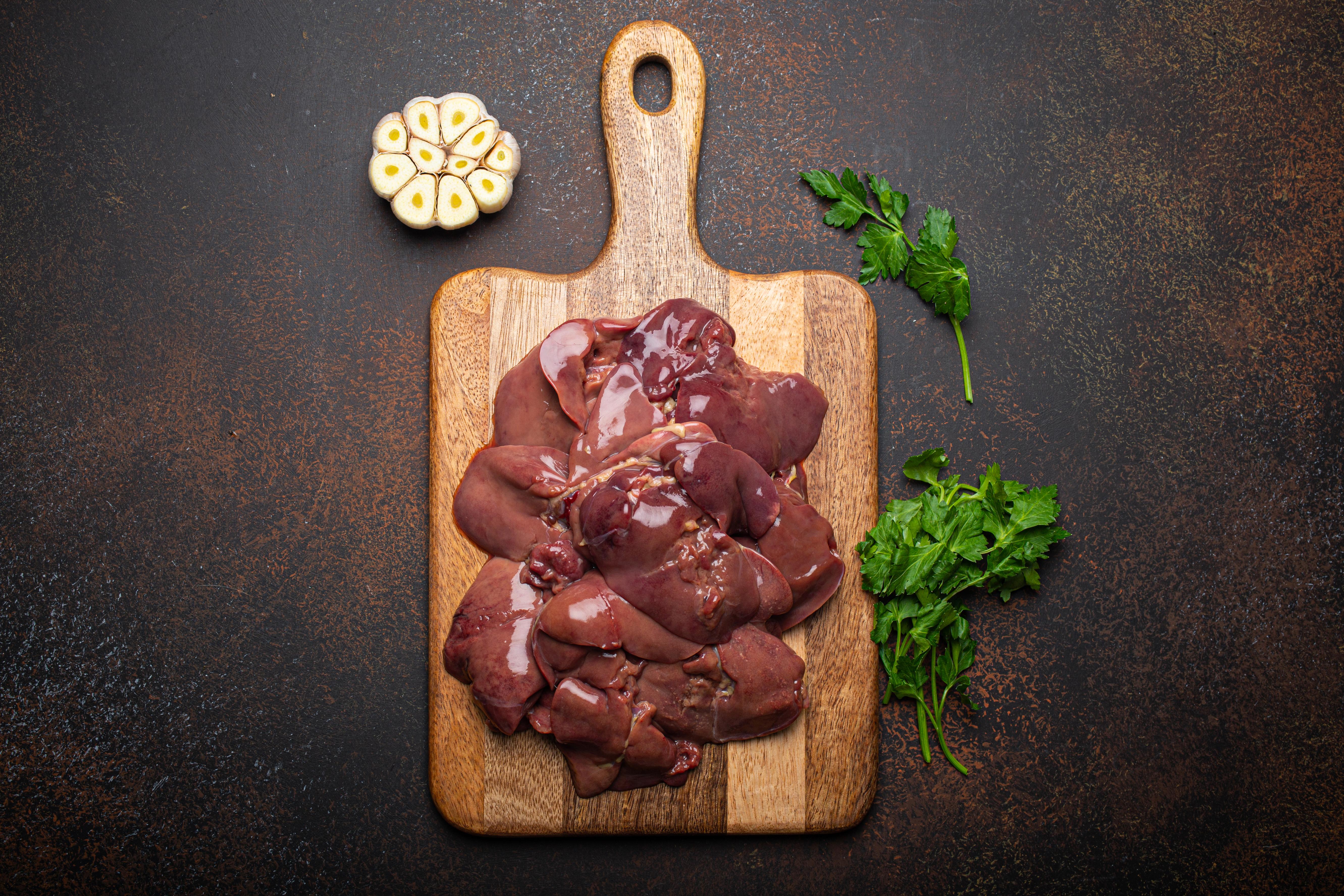
Often dismissed for its cholesterol content, chicken liver is actually one of the most nutrient-dense foods you can eat. It’s rich in iron, vitamin A, B12, folate, and choline—nutrients that support heart, brain, and metabolic health. While it’s true that liver is high in dietary cholesterol, recent research shows that this has little impact on most people’s blood cholesterol levels. What matters more is the low saturated fat content and high concentration of bioavailable nutrients. When eaten occasionally and prepared healthfully, chicken liver can be a powerful addition to a heart-conscious, whole-food diet.
15. Duck Fat: The Forgotten Healthy Fat
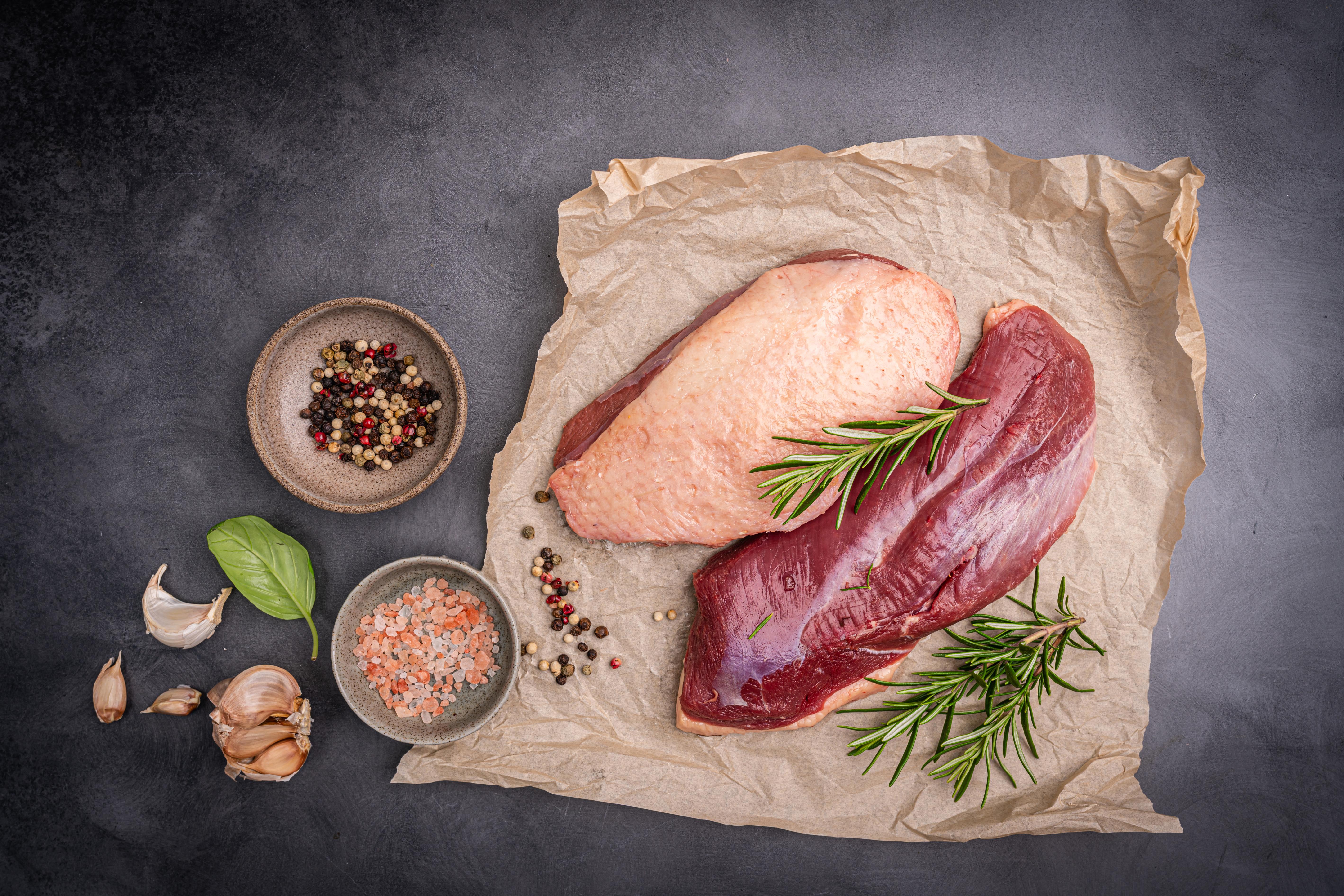
Duck fat might sound indulgent, but it’s far healthier than its reputation suggests. Unlike processed trans fats or overly refined oils, duck fat is rich in monounsaturated fats—the same heart-healthy fats found in olive oil. It has a relatively balanced fatty acid profile, with lower saturated fat content than butter and a high smoke point that makes it ideal for cooking. Some European diets that include moderate amounts of duck fat are associated with low rates of heart disease. When used sparingly and paired with whole, unprocessed foods, duck fat can add flavor and richness without jeopardizing cholesterol goals.
16. Pork: When Lean, It’s Clean
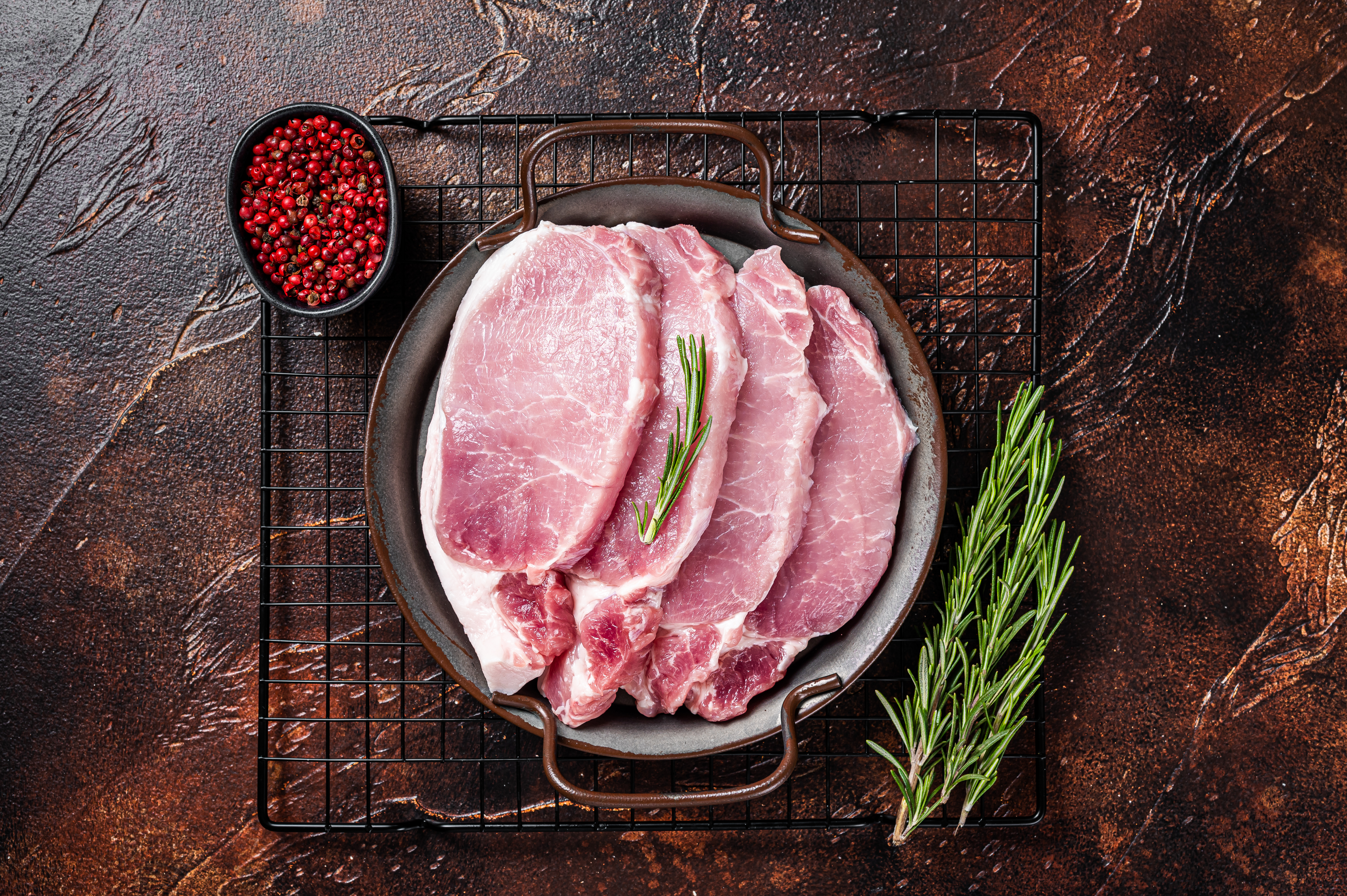
Pork has long been lumped into the “red meat” category and sidelined in cholesterol-conscious diets. But lean cuts—like tenderloin or loin chops—are surprisingly low in saturated fat and high in protein, B vitamins, and minerals like zinc and selenium. Studies show that lean pork, when part of a balanced diet, can actually support heart health by improving HDL levels and reducing inflammation. The key is preparation: grilled, roasted, or baked lean pork (not fried or processed) can be a flavorful, heart-smart protein that busts outdated cholesterol myths.
17. Tempeh: Fermented and Surprisingly Filling
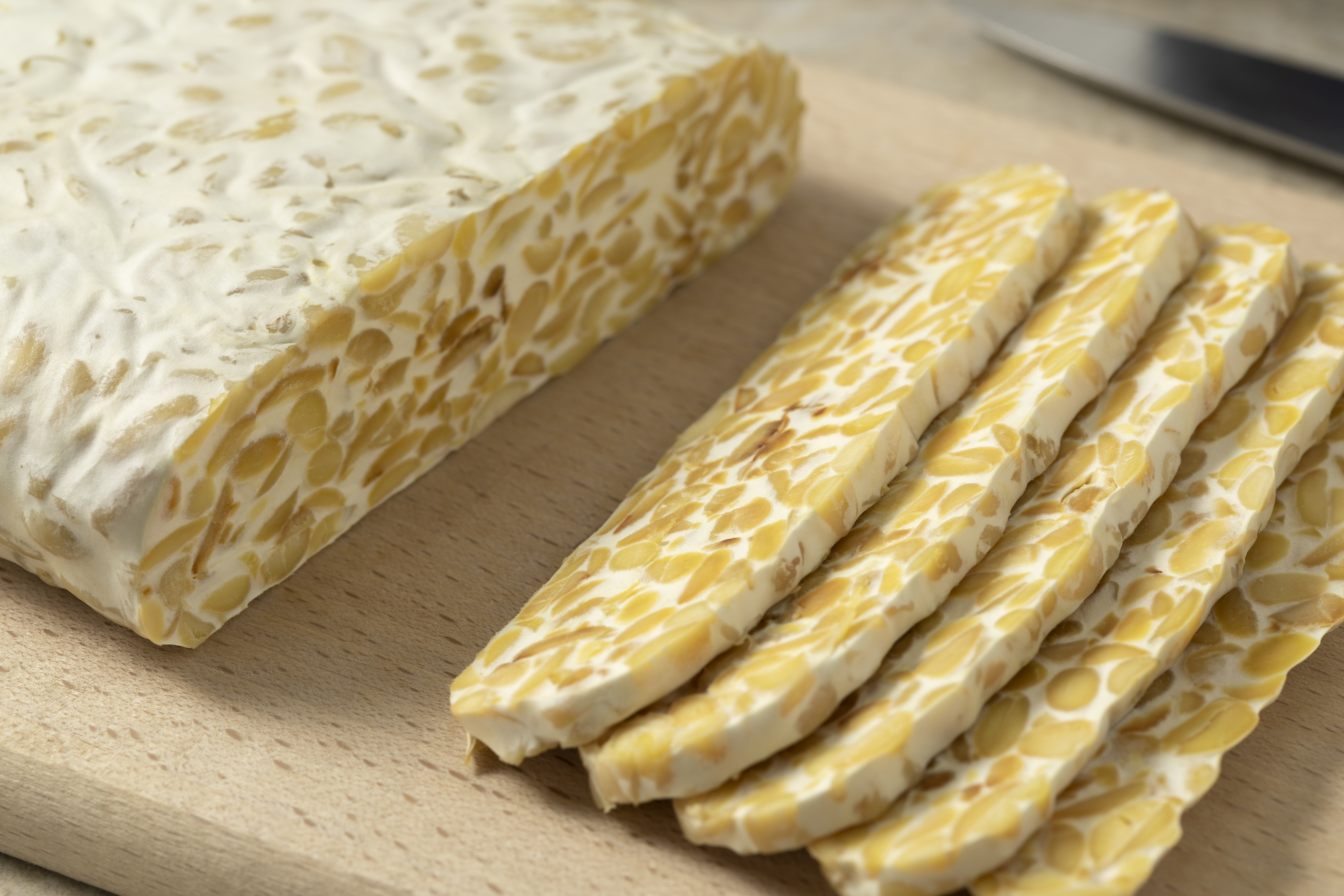
Tempeh, a fermented soybean product, was once criticized alongside other soy foods due to concerns about phytoestrogens. However, research has revealed that fermented soy products like tempeh may actually help reduce LDL cholesterol and improve lipid profiles. It’s high in plant-based protein, probiotics, and fiber—all of which support cardiovascular and gut health. Tempeh is also less processed than other meat substitutes, making it a wholesome option for those seeking to reduce saturated fat without sacrificing nutrition. Whether pan-fried, baked, or tossed into salads, tempeh is a cholesterol-friendly food that deserves a spot in your rotation.
18. Potatoes (With Skin): Misjudged and Misunderstood
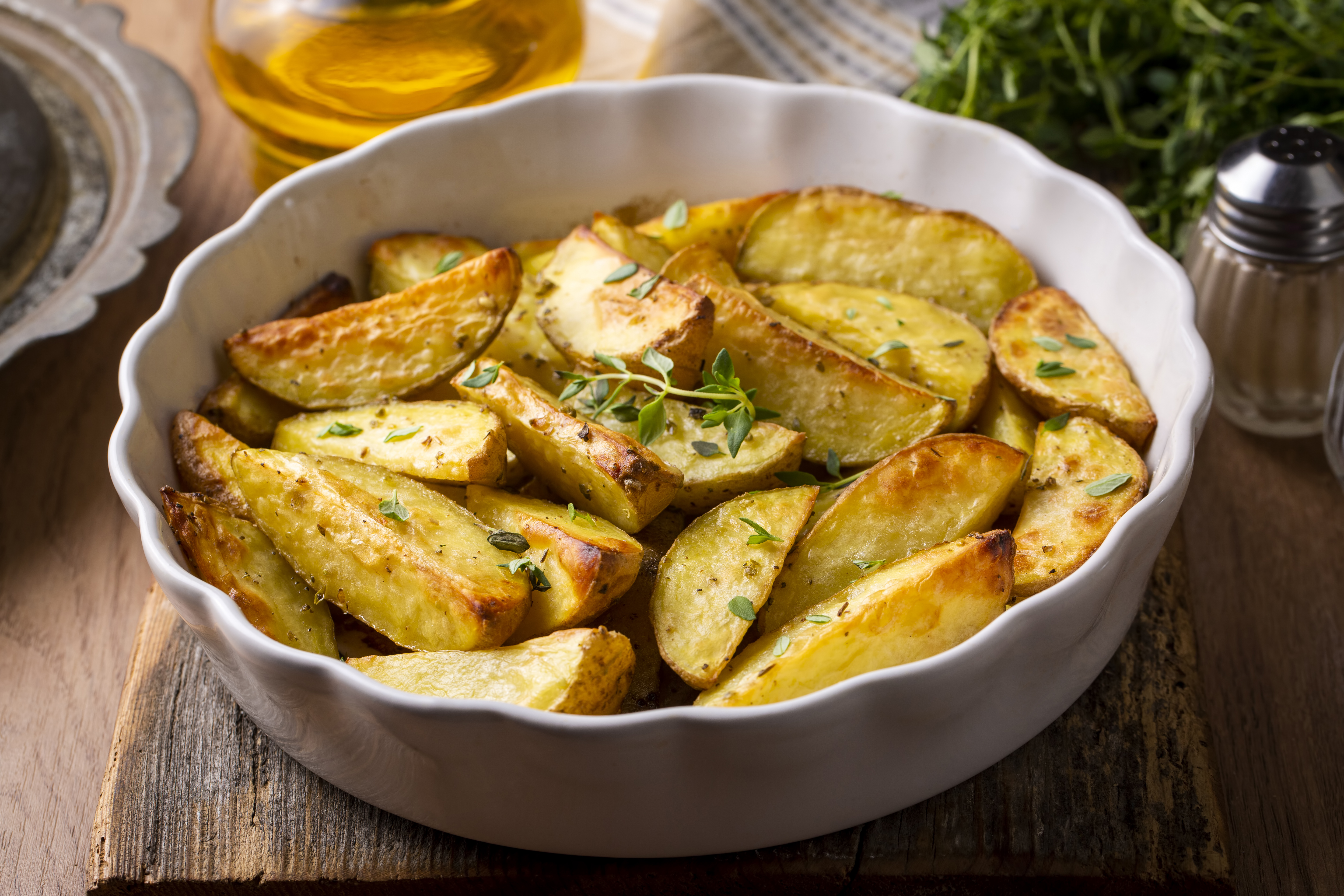
Potatoes often get a bad rap, but the problem isn't the spud—it’s how it’s prepared. A plain baked potato, especially with the skin on, is rich in potassium, fiber, and resistant starch, all of which play roles in regulating blood pressure and improving cholesterol metabolism. Potassium helps balance sodium levels and support healthy blood vessels, while fiber reduces LDL cholesterol. Avoid the deep fryer and heavy cream-based toppings, and opt for roasted or baked potatoes seasoned with heart-healthy olive oil and herbs. When prepared wisely, potatoes can be a surprisingly supportive food for cardiovascular wellness.
19. Sardines: The Unassuming Tiny Titan

Sardines are a true superfood, yet they are often overlooked in favor of larger, flashier fish. These tiny swimmers are one of the best sources of omega-3 fatty acids, specifically EPA and DHA, which are crucial for reducing inflammation and supporting cardiovascular health. Unlike larger fish, sardines are low on the food chain, meaning they have minimal mercury and other contaminants. They also provide a powerful punch of calcium and vitamin D, both essential for bone health. Enjoy them canned in olive oil on toast, mashed into a spread, or tossed into a salad for a convenient, nutrient-dense boost that directly supports your heart.
20. Quinoa: A Protein-Packed Seed
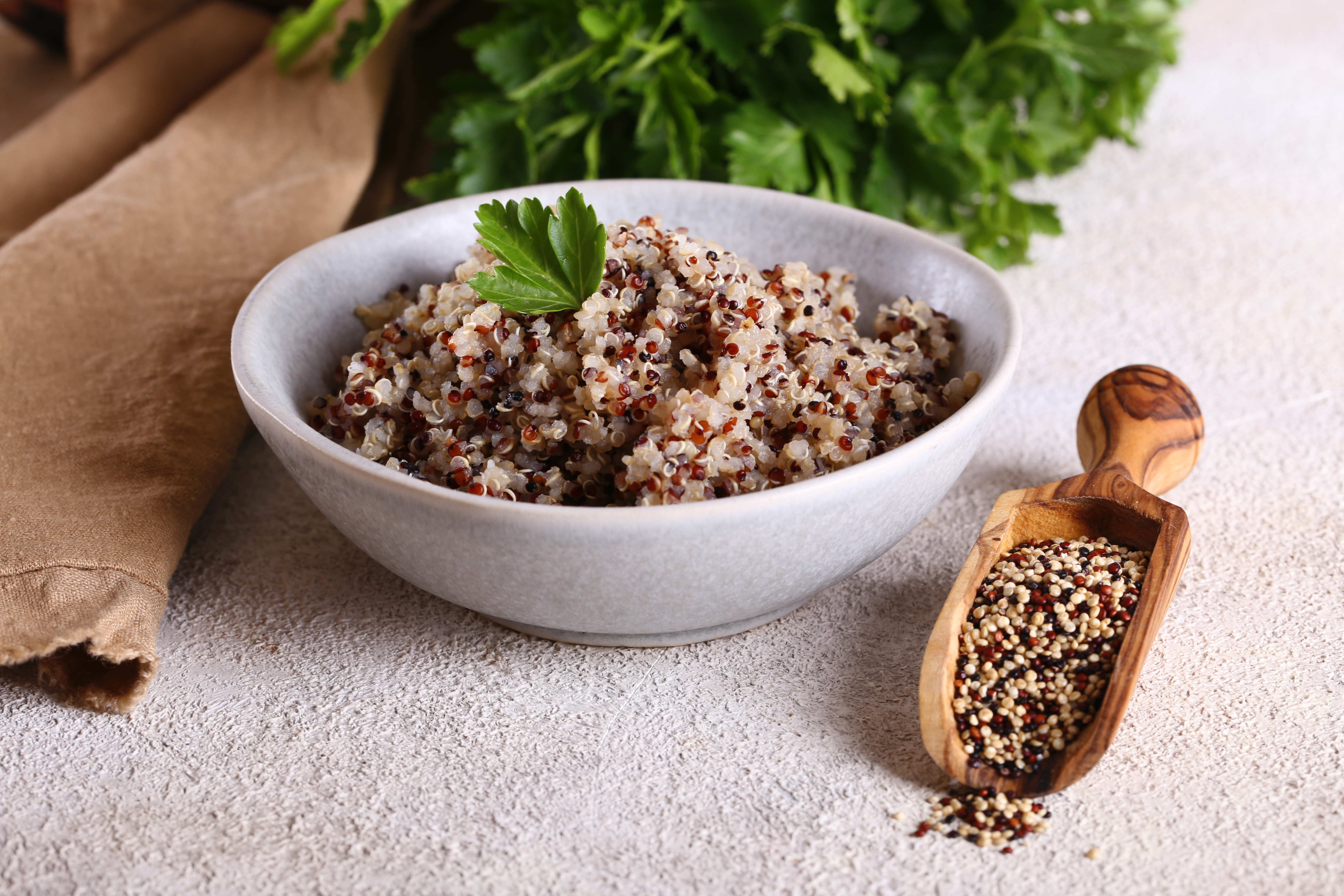
Quinoa is often mistaken for a grain, but it is actually a seed with an impressive nutritional profile. It’s a complete protein, meaning it contains all nine essential amino acids, making it an excellent choice for vegetarians and vegans. Quinoa is also high in fiber, which helps lower LDL (bad) cholesterol and promotes digestive health. Additionally, it contains a variety of antioxidants, including quercetin and kaempferol, which have been shown to reduce inflammation and protect the heart. This versatile food can be a base for salads, a substitute for rice, or a hearty addition to soups.
21. Lentils: The Humble Legume
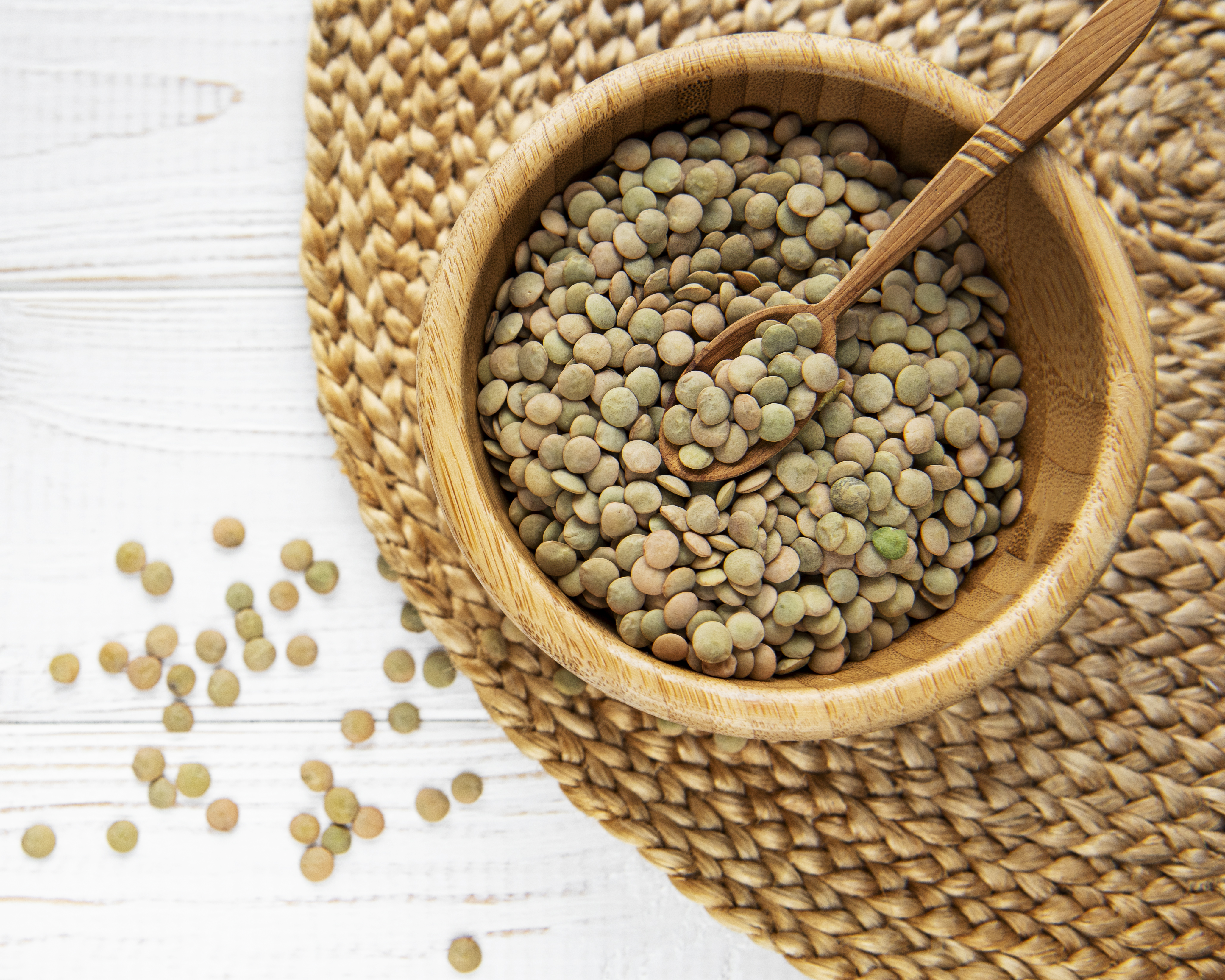
Lentils are a nutritional powerhouse that can play a significant role in managing cholesterol. They are exceptionally high in soluble fiber, which forms a gel-like substance in the digestive tract that binds to cholesterol and removes it from the body. This process directly helps lower LDL cholesterol levels. Lentils are also a great source of plant-based protein, iron, and B vitamins, making them a satisfying and nutrient-dense addition to any meal. Use them as a base for hearty soups, a substitute for ground meat in sauces, or a simple side dish.
22. Edamame: The Snack That Fights Back
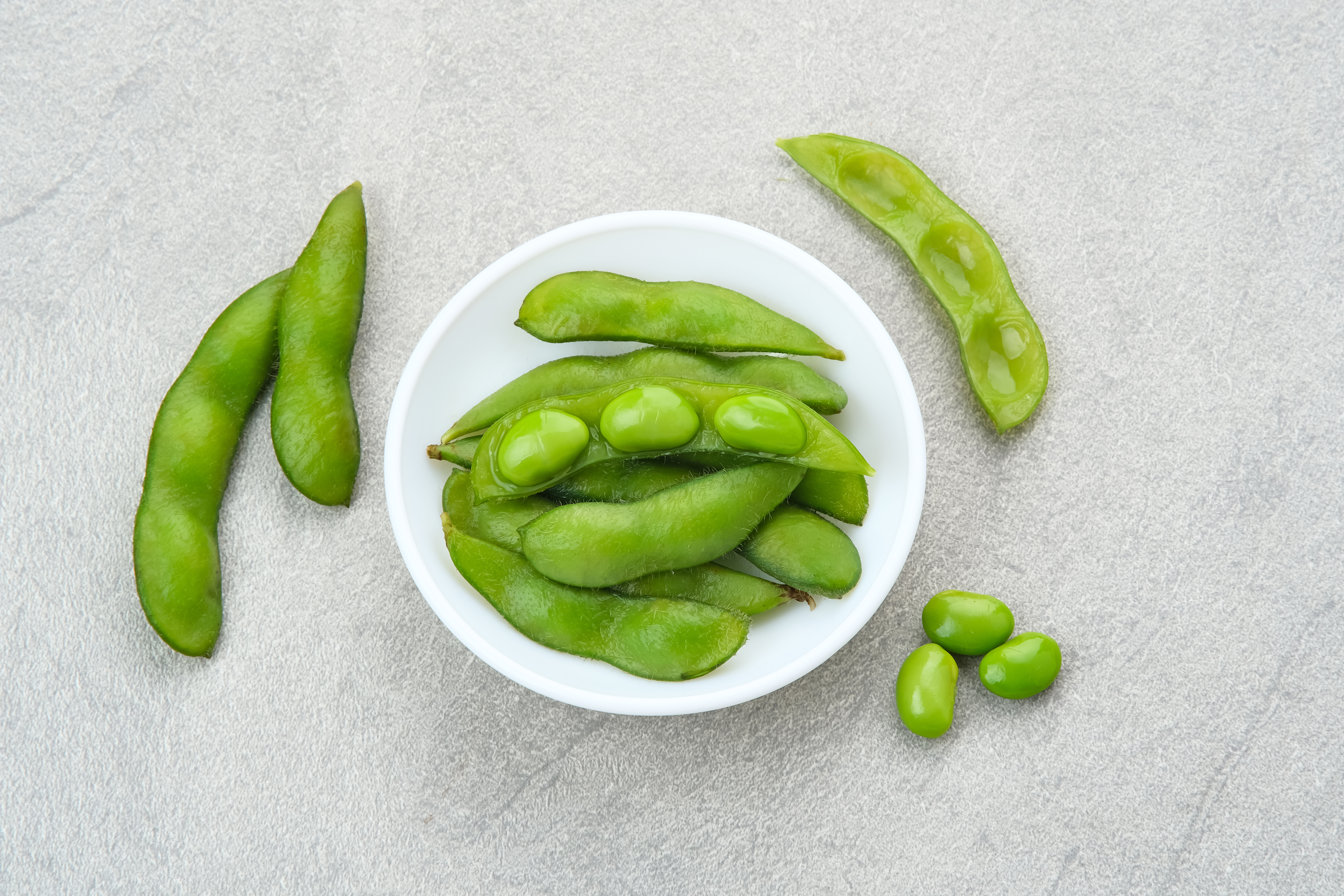
Edamame, or whole, immature soybeans, are not just a tasty appetizer; they are a cholesterol-friendly snack with a host of health benefits. These pods are a complete plant-based protein and are rich in isoflavones, which have been shown to improve lipid profiles and reduce the risk of heart disease. Edamame is also high in fiber and a variety of vitamins and minerals. Whether steamed and lightly salted or added to stir-fries and salads, edamame offers a simple and delicious way to increase your intake of heart-protective nutrients and satisfy your snack cravings.
23. Olives: The Whole Fruit of Olive Oil
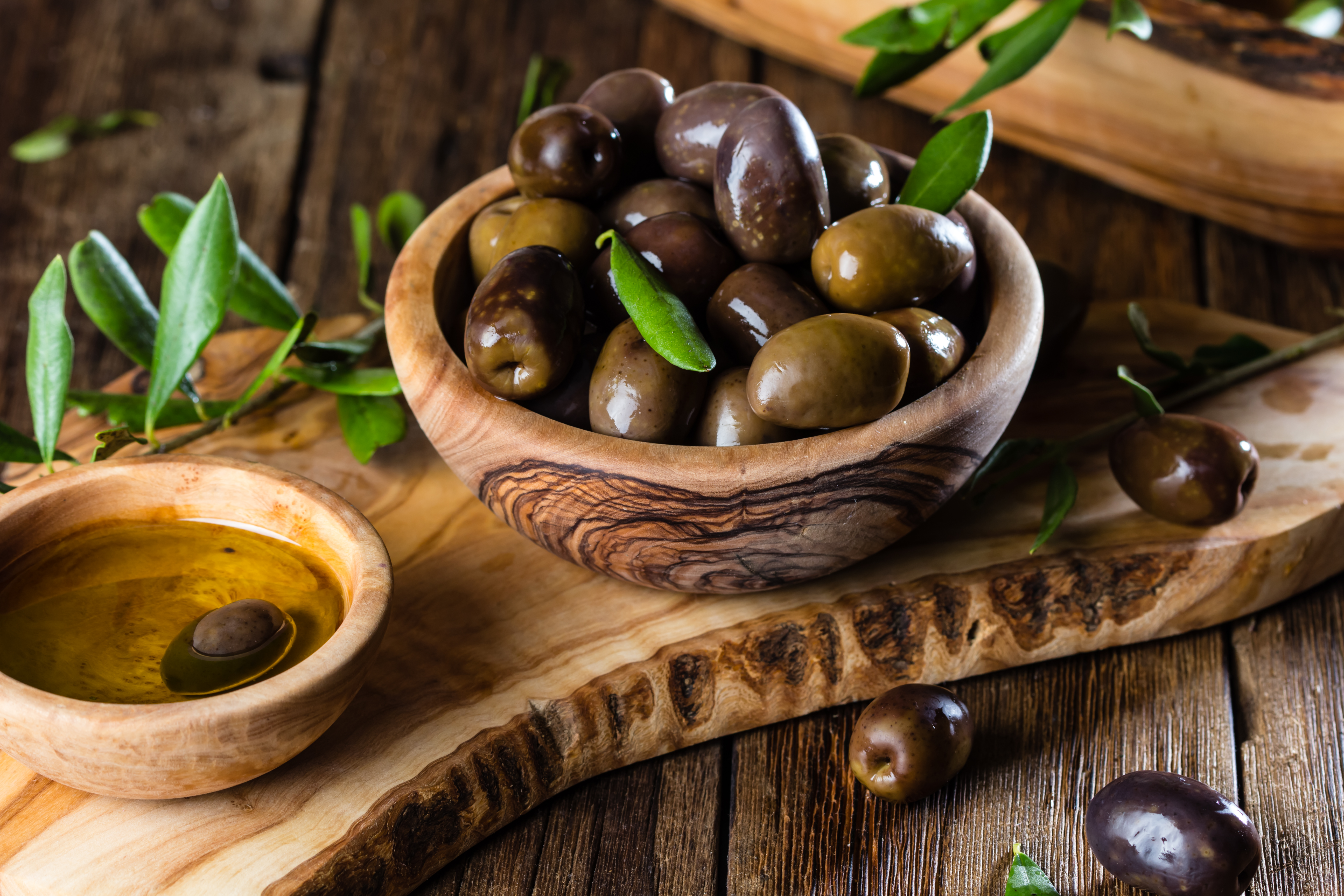
While extra virgin olive oil gets all the credit, whole olives are a fantastic, fiber-rich source of the same heart-healthy monounsaturated fats. They also contain unique antioxidants like oleuropein, which has powerful anti-inflammatory properties and helps to protect against LDL oxidation—a key step in the development of heart disease. Eating whole olives adds a savory, satisfying element to your meals while providing fiber and other beneficial compounds that are not present in the oil alone. Add them to salads, pasta, or enjoy them as a simple, salty snack.
24. Tofu: The Versatile Protein
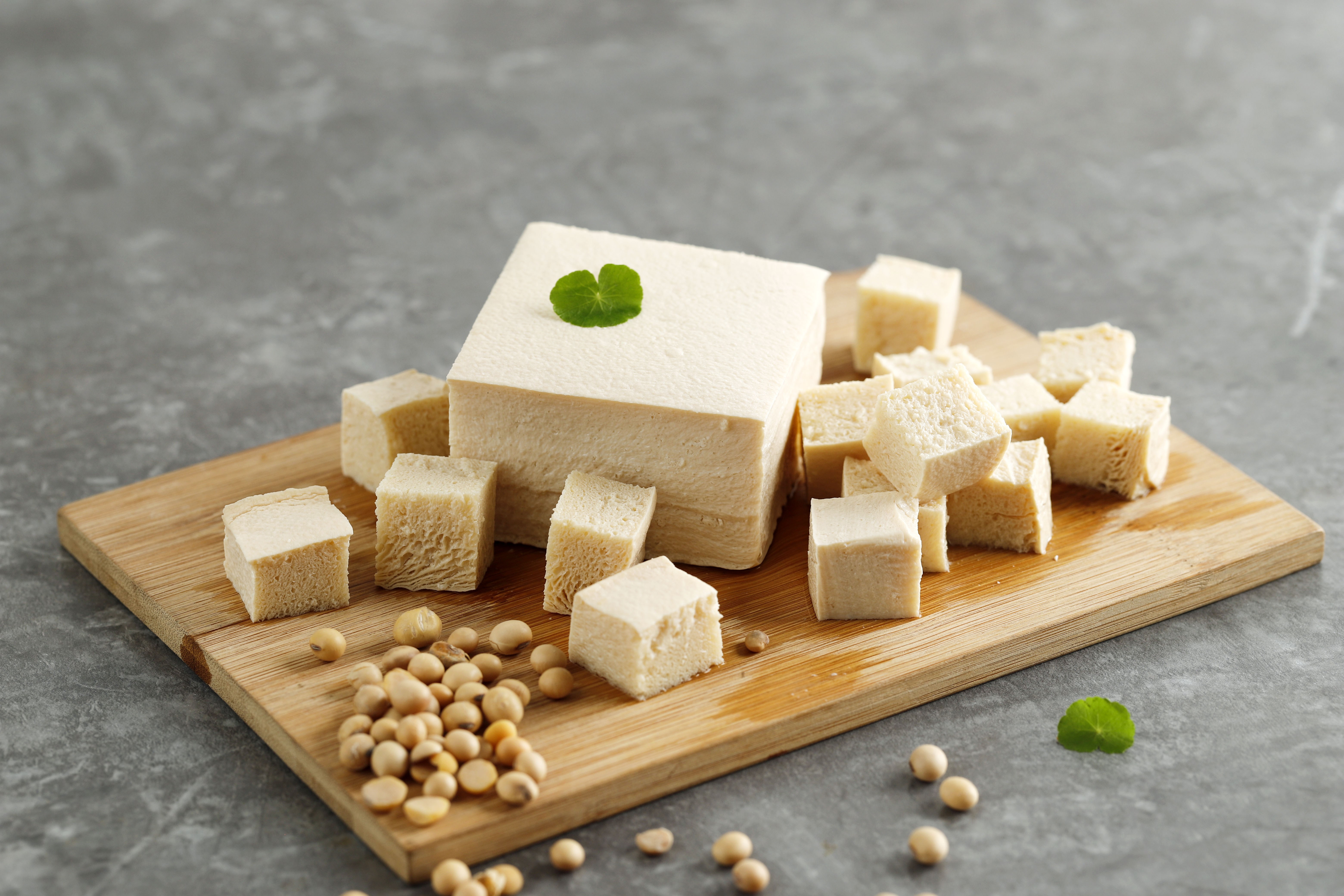
Tofu, a plant-based staple in many Asian cuisines, has been unfairly dismissed by some for being "bland" or "processed." However, it is an incredibly versatile and powerful food for lowering cholesterol. Tofu is an excellent source of complete plant-based protein and is naturally low in saturated fat. The isoflavones found in soy have been shown in multiple studies to significantly lower LDL cholesterol, helping to protect against heart disease. By replacing saturated fat-heavy animal proteins with tofu in a stir-fry, scramble, or curry, you can make a simple swap with major benefits for your heart.
25. Oats: The Soluble Fiber Star
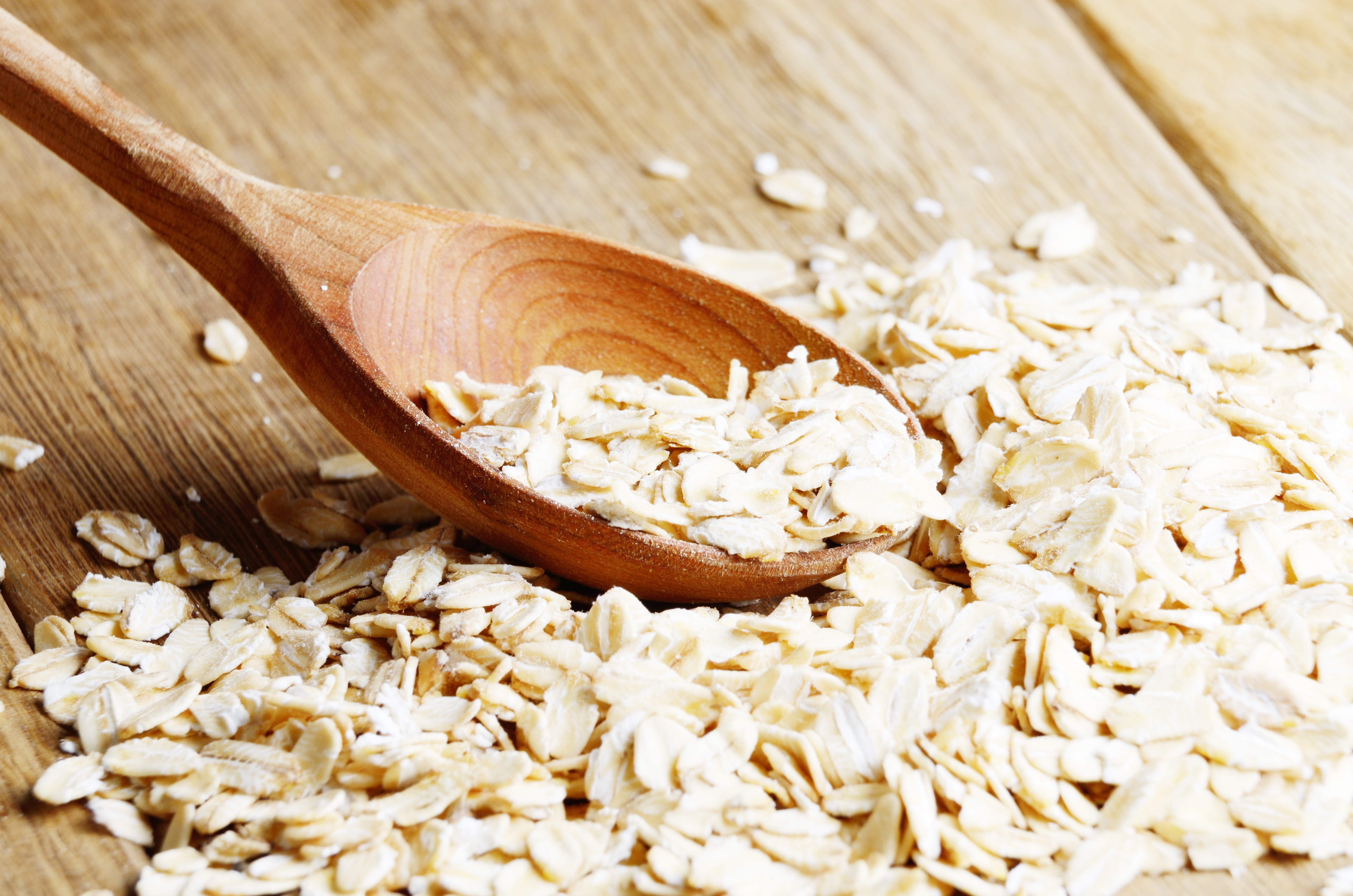
While oatmeal is a well-known breakfast staple, its power to lower cholesterol is often underestimated. Oats are packed with a specific type of soluble fiber called beta-glucan. When consumed, this fiber forms a gel-like substance in your gut that binds to cholesterol and bile acids, preventing them from being absorbed and flushing them out of your system. This process directly and effectively lowers LDL cholesterol. A single serving of rolled oats can provide a significant portion of your daily soluble fiber needs, making it one of the simplest and most effective dietary changes you can make to improve your cholesterol profile.
26. Garlic: The Aromatic Artery Helper
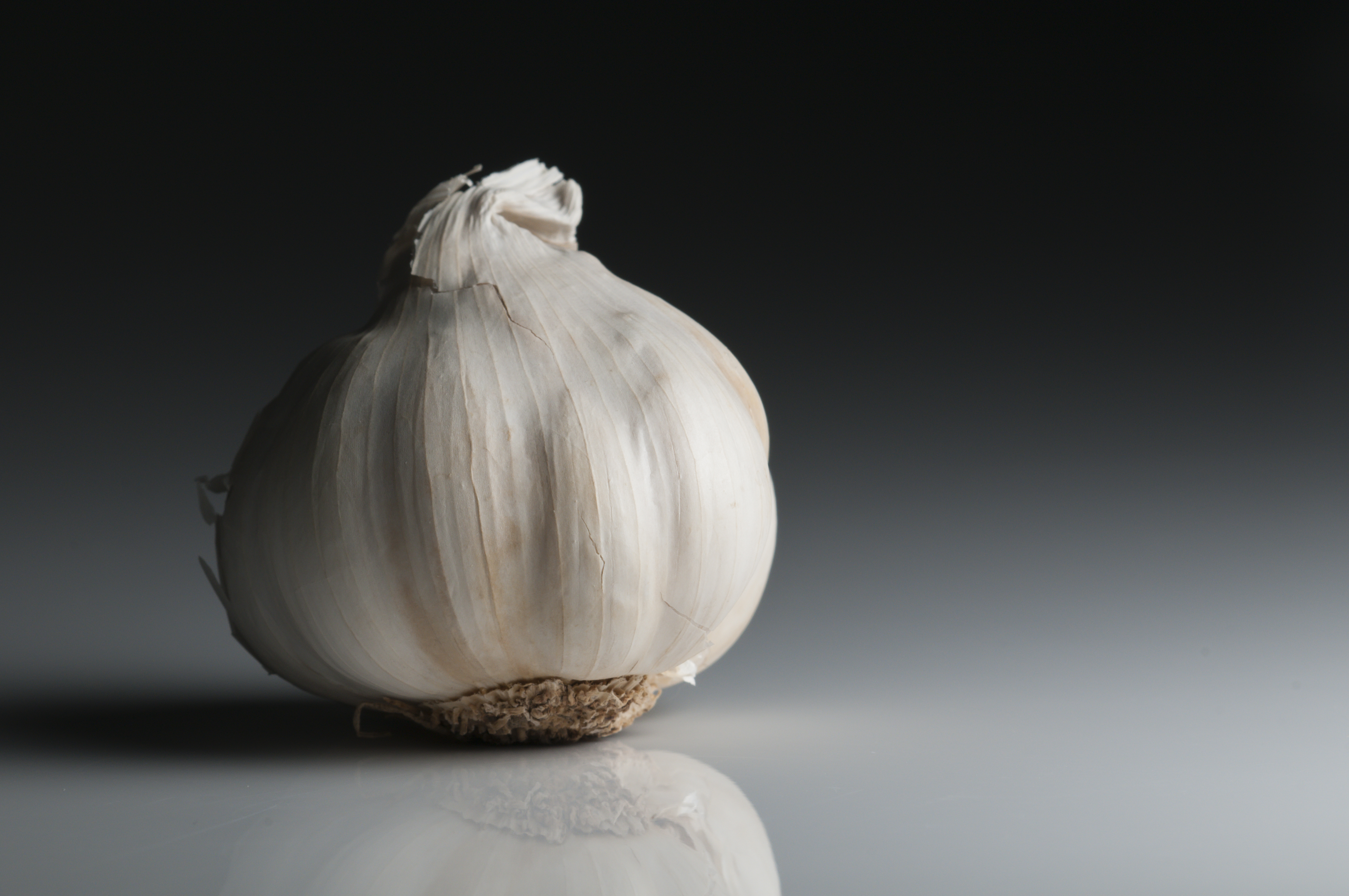
Garlic has been used for centuries for its medicinal properties, but its direct impact on cholesterol is often overlooked. The key compound in garlic, allicin, has been shown to inhibit the enzyme that produces cholesterol in the liver. This can help lower total and LDL cholesterol levels. Additionally, garlic's anti-inflammatory properties can help protect your arteries from damage, a crucial step in preventing heart disease. Instead of taking a supplement, simply incorporating fresh, minced garlic into your cooking can provide these powerful benefits without any added fat or sodium.
27. Barley: The Grains' Unsung Hero
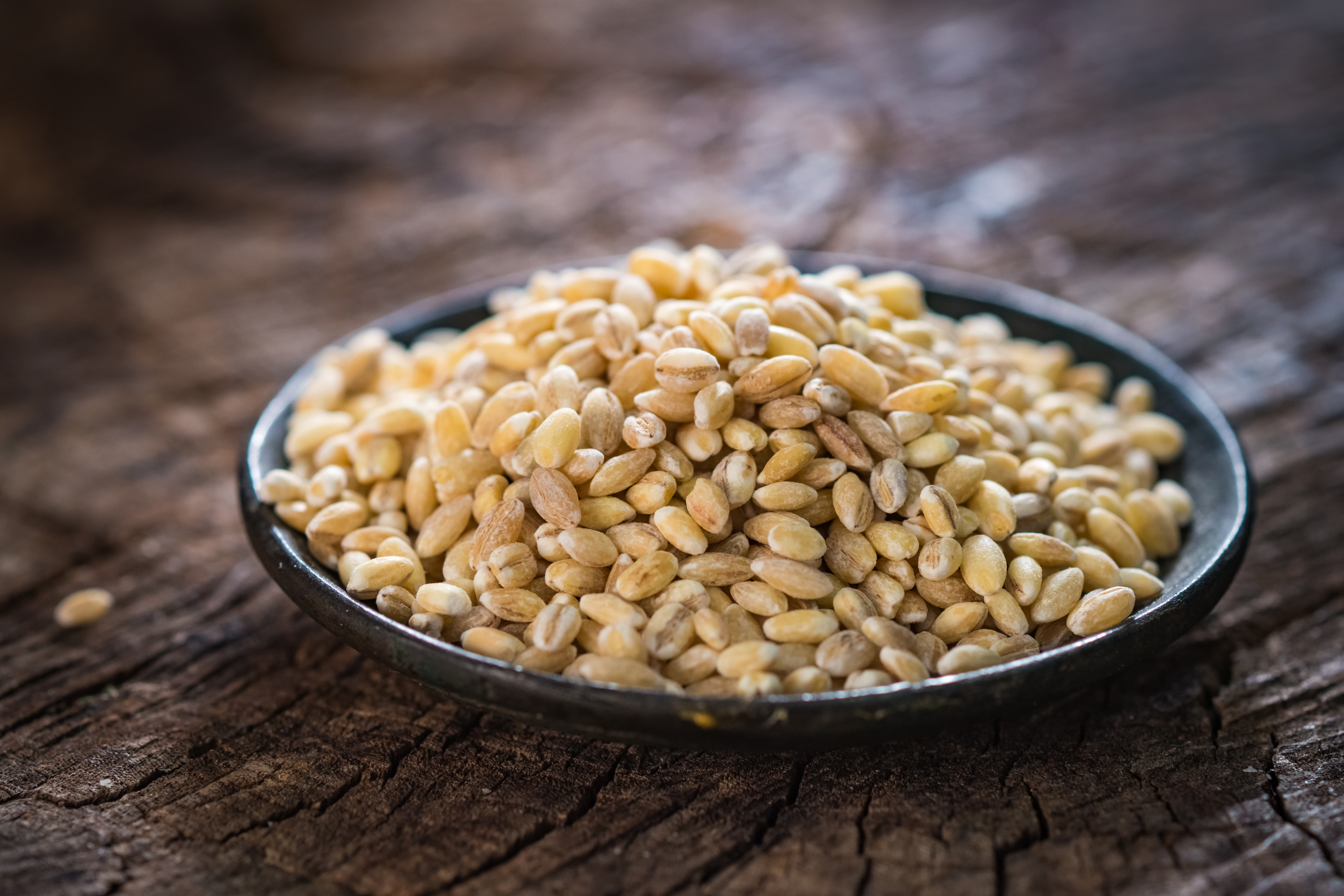
Barley is a lesser-known whole grain that deserves a spot in your heart-healthy diet. Like oats, barley is rich in beta-glucan, making it a powerful tool for lowering cholesterol. Its chewy texture and nutty flavor make it a fantastic, fiber-rich substitute for white rice or couscous. A study in the American Journal of Clinical Nutrition found that consuming barley regularly could significantly reduce LDL cholesterol. Whether you add it to soups, stews, or use it as a base for a grain bowl, barley is an unsung hero that actively works to improve your lipid profile.
28. Hummus: The Cholesterol-Crushing Dip
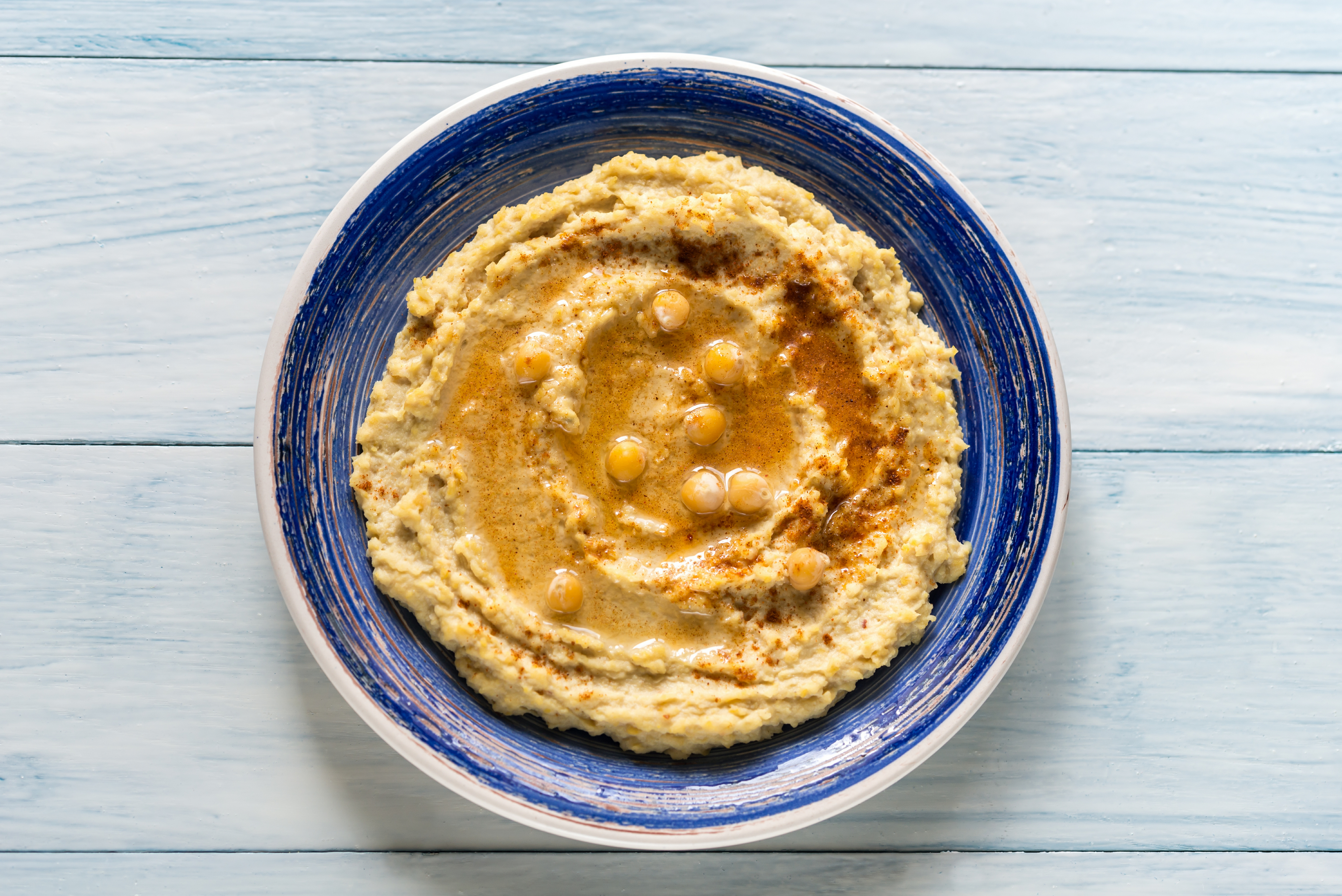
Hummus, a dip made from chickpeas, tahini, and olive oil, is a powerful food that combines several cholesterol-lowering ingredients into one delicious package. Chickpeas are a great source of soluble fiber, which helps flush cholesterol from the body. Tahini, made from sesame seeds, provides healthy fats and plant sterols that also help lower cholesterol. Finally, the extra virgin olive oil used in a traditional recipe is packed with heart-healthy monounsaturated fats. For a satisfying snack that crushes cholesterol, swap out fatty dips and spreads for a serving of hummus with a side of fresh vegetables.
29. Lupini Beans: The Ultra-High Fiber Legume
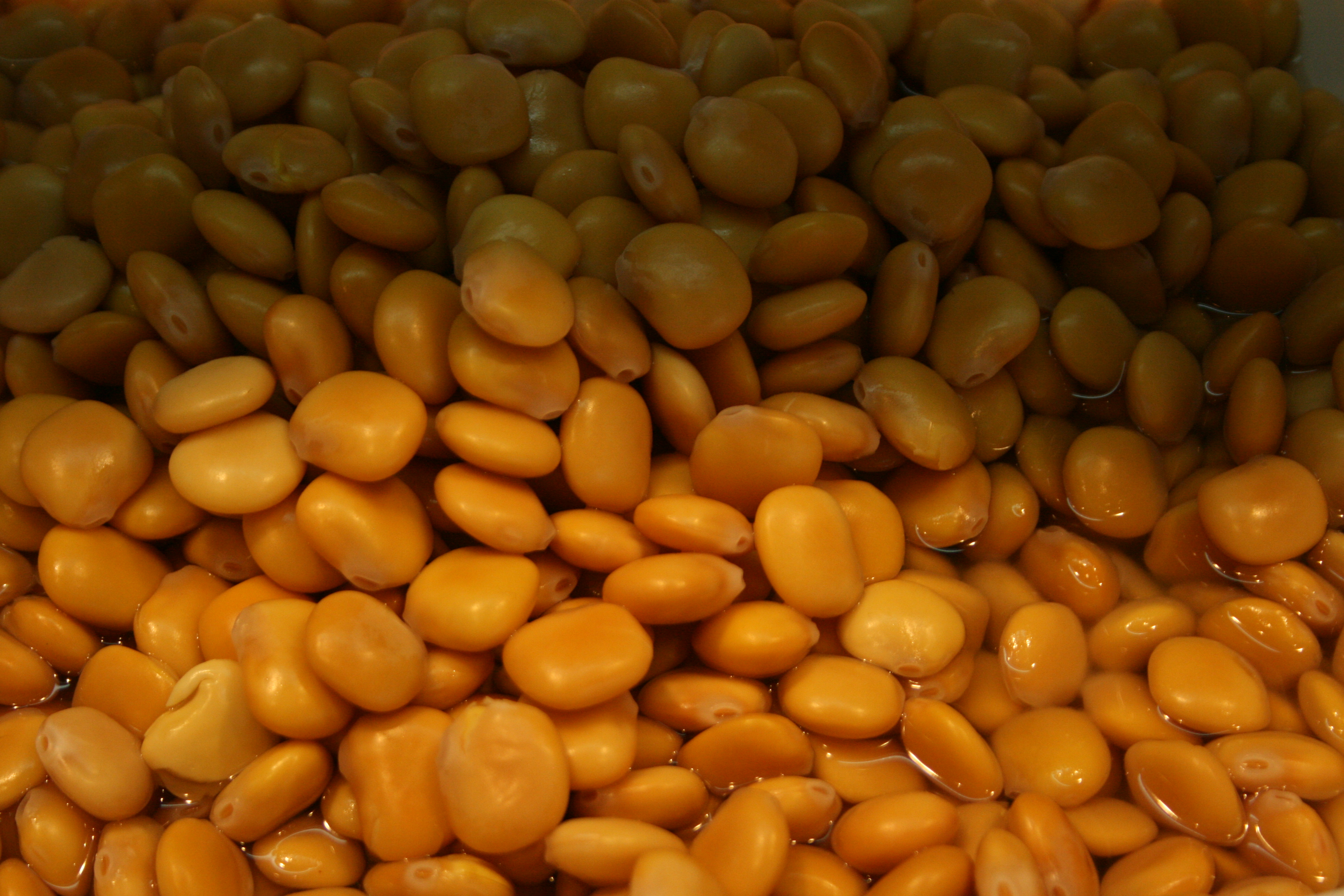
Lupini beans are small, edible legumes gaining traction for their exceptional nutritional profile, especially for lipid management. They contain minimal starch and are an ultra-concentrated source of both protein and dietary fiber, significantly surpassing most other common beans. This unique composition translates to a profound impact on cholesterol and satiety. Their high fiber binds efficiently with cholesterol in the gut, reducing absorption. Furthermore, they are rich in plant sterols, which actively block cholesterol uptake. Traditionally pickled and sold in jars, these accessible beans offer a crunchy, satisfying, and low-glycemic snack that actively fortifies your cardiovascular defenses.
30. Clarified Butter (Ghee): The Digestible Dairy Fat

Clarified butter, or Ghee, was traditionally used in ancient cultures but was widely avoided in modern Western diets due to its saturated fat content. However, Ghee is created by removing the milk solids and water from butter, leaving behind nearly pure butterfat. This process makes it an excellent source of fat-soluble vitamins (A, D, E, and K) and butyric acid, a short-chain fatty acid linked to reduced inflammation and improved gut health. Unlike whole butter, Ghee contains minimal lactose or casein, making it easier to digest for many. When used as a flavor enhancer and in moderation, its beneficial fatty acids offer a delicious, heart-neutral fat for high-heat cooking.
31. Nattō: The Fermented Artery Enzyme

Nattō, a traditional Japanese food made from fermented soybeans, is an exceptionally unique and powerful heart ally due to its high concentration of nattokinase. This potent enzyme, produced during the fermentation process, has been shown to exhibit strong fibrinolytic activity—meaning it can help break down fibrin, a protein involved in blood clotting and the structure of arterial plaque. By improving blood circulation and reducing the "stickiness" of the blood, nattō indirectly supports cholesterol management by lowering the overall burden on the cardiovascular system. It is also packed with highly bioavailable Vitamin K2 (crucial for preventing arterial calcification). Though Nattō has a distinctive strong flavor and slimy texture, incorporating even small amounts is a concentrated, time-tested strategy for enhanced vascular health.
32. Red Wine (in Moderation): The Polyphenol Pathway

Red wine, despite its alcohol content, has earned its place in heart-health discussions due to its rich concentration of polyphenols, especially resveratrol. This powerful antioxidant is found in the skin of red grapes and has been shown to inhibit the oxidation of LDL ("bad") cholesterol—a critical step in the formation of arterial plaque. Resveratrol can also help improve the function of the lining of blood vessels, contributing to better blood flow. The key to unlocking these benefits without negative health trade-offs is strict moderation (one standard glass per day for women, and up to two for men). For those who do not drink, the same benefits can be found by consuming red grapes or pure grape juice, proving the power of the plant compounds themselves.
33. Sesame Seeds and Tahini: Lignans for LDL Stability

Sesame seeds, and the tahini paste derived from them, are a potent source of healthy fats, fiber, and protein. Their unique, profound benefit for heart health comes from powerful compounds called lignans (sesamin and sesamolin). Lignans function as sophisticated antioxidants that actively prevent the oxidation of LDL cholesterol—a critical process. When LDL particles become oxidized, they turn "sticky" and are more likely to initiate arterial plaque formation. By stabilizing the LDL and protecting it from damage, sesame lignans offer a protective layer that is more refined than simple cholesterol lowering. Adding tahini to dressings or sprinkling toasted sesame seeds on meals is a delicious way to build resilient, heart-protective fats into your diet.
34. Raw Cocoa Butter: The Stearic Acid Neutralizer

Raw cocoa butter, the fat component of the cacao bean, is often dismissed because it is nearly 60% saturated fat. However, this is a prime example of why all saturated fats are not equal. The primary saturated fatty acid in cocoa butter is stearic acid.ShutterstockResearch consistently shows that stearic acid is rapidly converted by the liver into oleic acid (a monounsaturated fat, like in olive oil) and therefore has a neutral effect on blood cholesterol levels—it neither raises nor lowers LDL. When consumed in its purest form (e.g., in high-quality, unsweetened dark chocolate or used for baking), cocoa butter provides a rich, heart-neutral fat source, allowing you to enjoy a profound, satisfying flavor without the negative LDL impact associated with other saturated fats.
35. Sprouted Legumes: Bioavailability and Fiber Boost
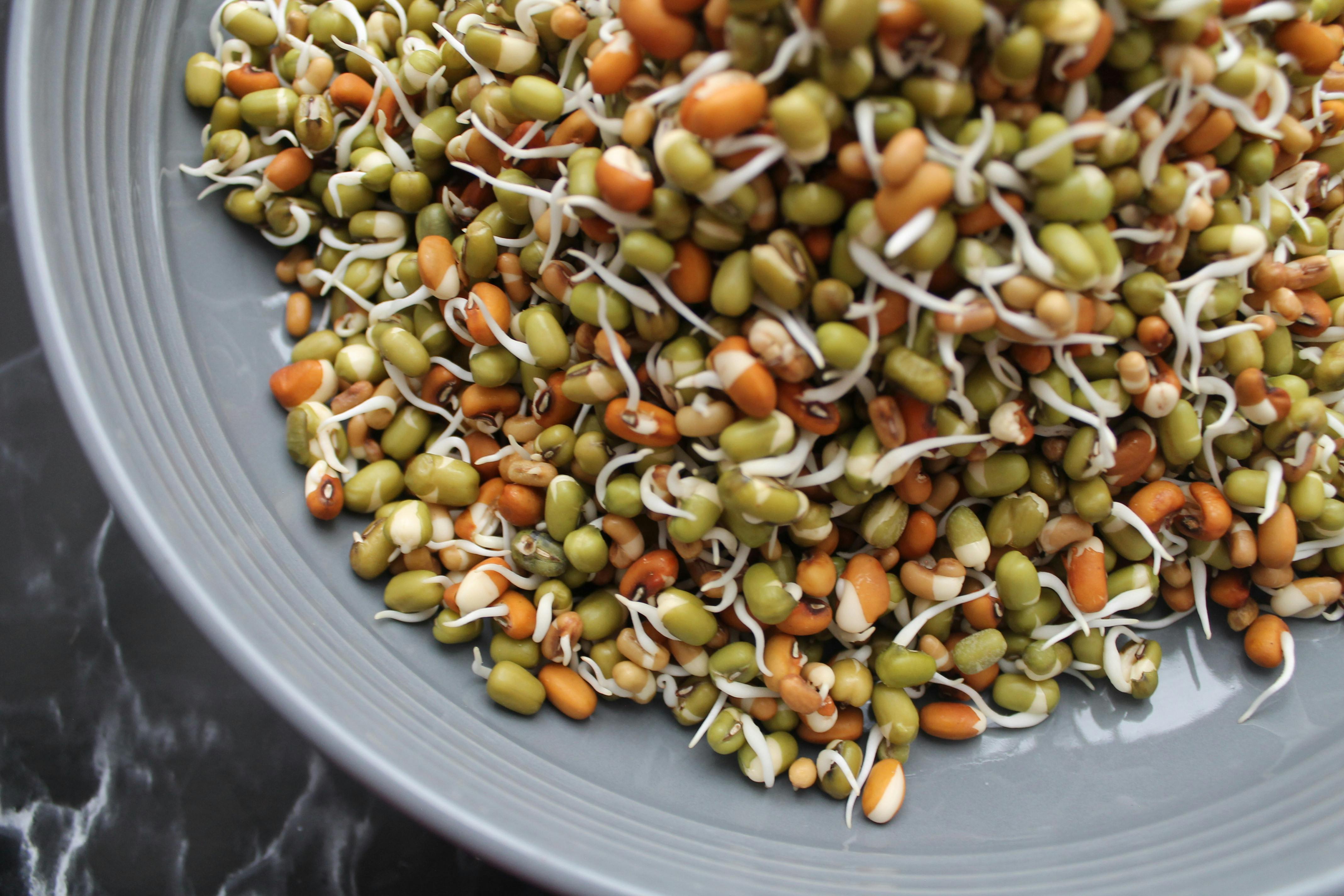
Sprouting legumes like chickpeas, lentils, or mung beans before consumption dramatically increases their nutritional power. The process of sprouting breaks down phytates and enzyme inhibitors, which makes both the fiber and protein more bioavailable—meaning your body can absorb them better. The resulting change increases the amount of soluble fiber and plant sterols that reach the colon to bind cholesterol, thereby amplifying their LDL-lowering effect. Sprouted beans are also easier to digest for many people. Enjoy them lightly cooked, added raw to salads, or ground into fresh hummus for a simple step that maximizes the cholesterol-fighting potential of legumes.
36. Beef Tallow: The Saturated Fat Surprise
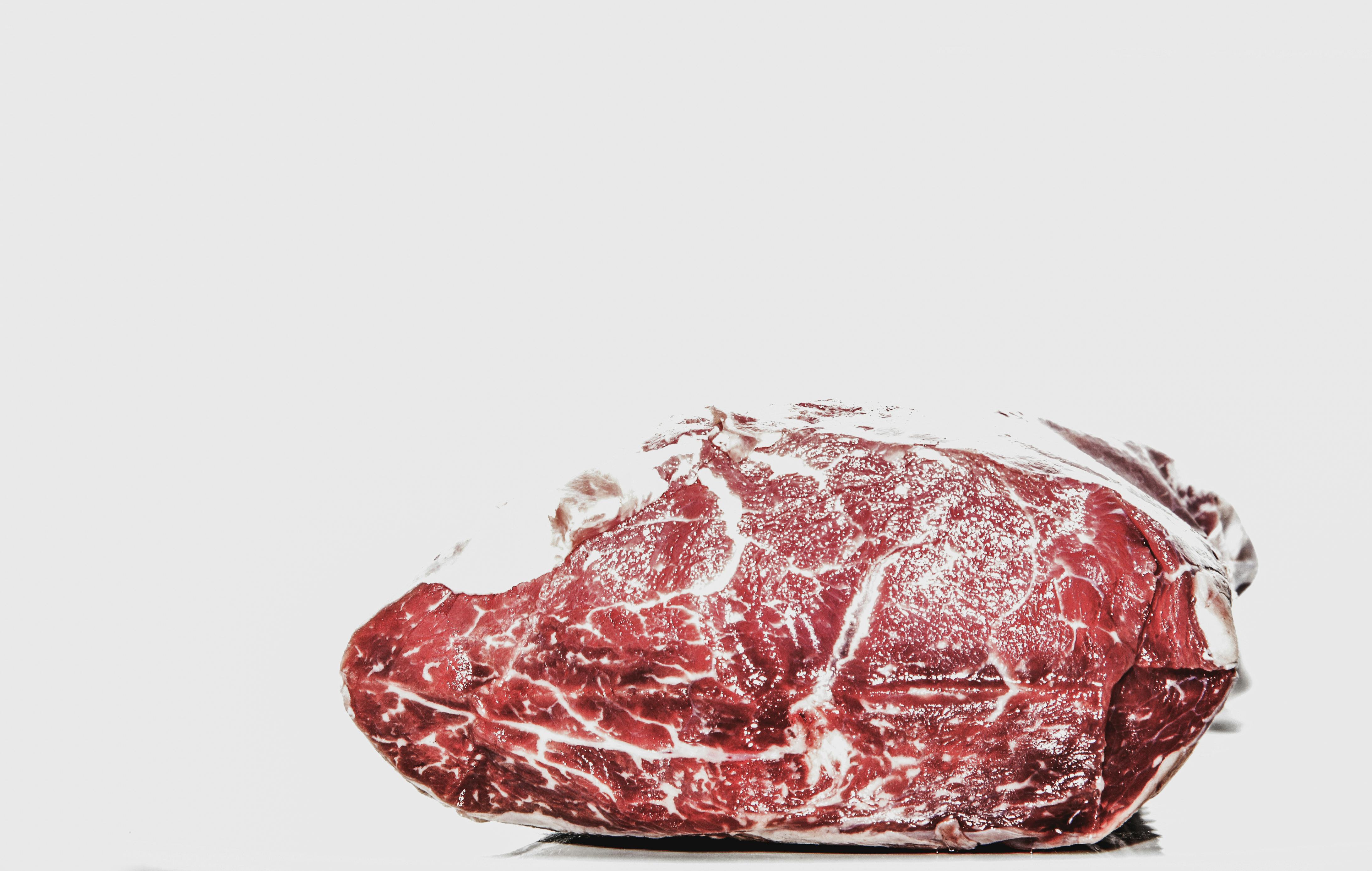
Long relegated to history books or artisanal kitchens, rendered beef tallow is experiencing a resurgence. While it is a saturated fat, its fatty acid profile is surprisingly similar to human body fat, making it highly bioavailable. More importantly, grass-fed tallow is rich in stearic acid (which has a neutral effect on LDL cholesterol) and conjugated linoleic acid (CLA), a potent anti-inflammatory fat shown to improve metabolic health. Unlike highly processed vegetable oils prone to oxidation (the real driver of heart disease), tallow is incredibly heat-stable, meaning it doesn't degrade into harmful compounds when used for searing or frying. Used intentionally, it's a nutrient-dense, stable fat that supports cellular health without the inflammatory downsides of industrial oils.
37. Anchovies: The Omega-3 Secret Weapon
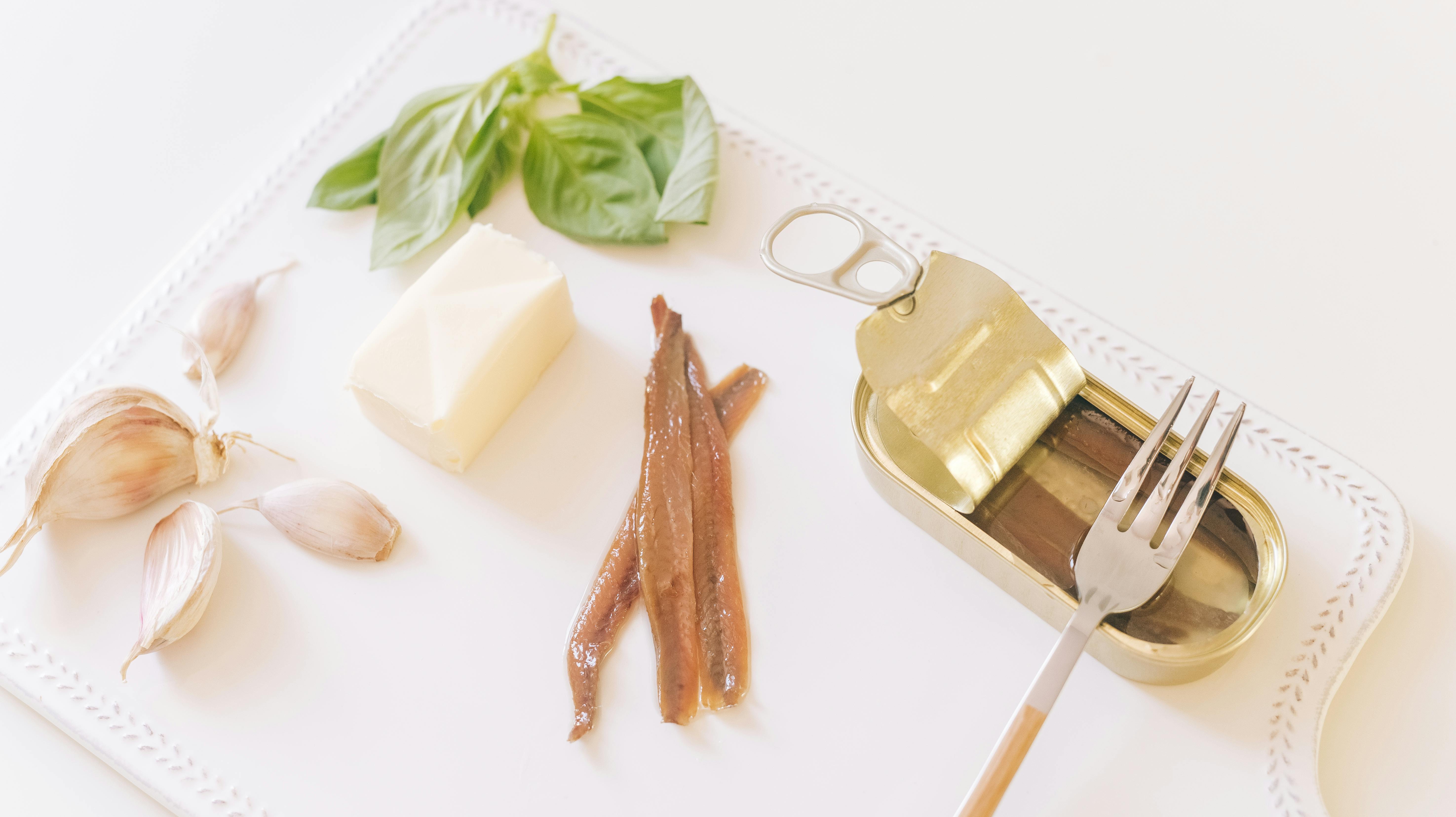
While larger fish often get the glory, anchovies are a nutritional powerhouse for heart health. These small, oily fish are exceptionally high in Omega-3 fatty acids, specifically EPA and DHA, which help lower triglycerides and reduce the risk of plaque buildup in the arteries. Unlike many larger species, anchovies have a short lifespan and eat low on the food chain, which means they accumulate virtually no mercury or toxins. They are also a rich source of selenium, a trace mineral that supports antioxidant enzymes in the heart. Because they are often preserved in heart-healthy olive oil, adding a few fillets to a sauce, salad, or dressing provides a concentrated dose of vascular protection without the inflammatory risks associated with larger, farm-raised fish.
38. Nutritional Yeast: The Savory B-Vitamin Booster

Often found in health food stores as "nooch," nutritional yeast is a deactivated yeast that serves as a powerful, non-obvious tool for managing cholesterol. It is an exceptional source of Beta-glucan, the same heart-healthy soluble fiber found in oats, which effectively binds to cholesterol in the digestive tract and prevents its absorption. Beyond fiber, it is packed with B-vitamins, particularly B12 and Folate, which are essential for keeping homocysteine levels in check—a key marker for cardiovascular inflammation. Its naturally "cheesy" and nutty flavor makes it a perfect, salt-free substitute for parmesan cheese. By sprinkling it on popcorn, pasta, or roasted vegetables, you’re not just adding a savory punch; you’re introducing a high-protein, low-fat seasoning that actively shields your arteries from plaque buildup and systemic stress.
Rethink the Rules, Reclaim the Plate

The key is balance, not restriction. By looking beyond old labels and embracing smarter choices, you can enjoy flavor and protect your health. So go ahead—savor that full-fat yogurt, reach for the popcorn, or drizzle a little coconut oil on your veggies. It’s not indulgence—it’s informed eating. Because when you stop fearing your food and start understanding it, every bite becomes both satisfying and strategic. Your plate can be heart-smart and delicious.